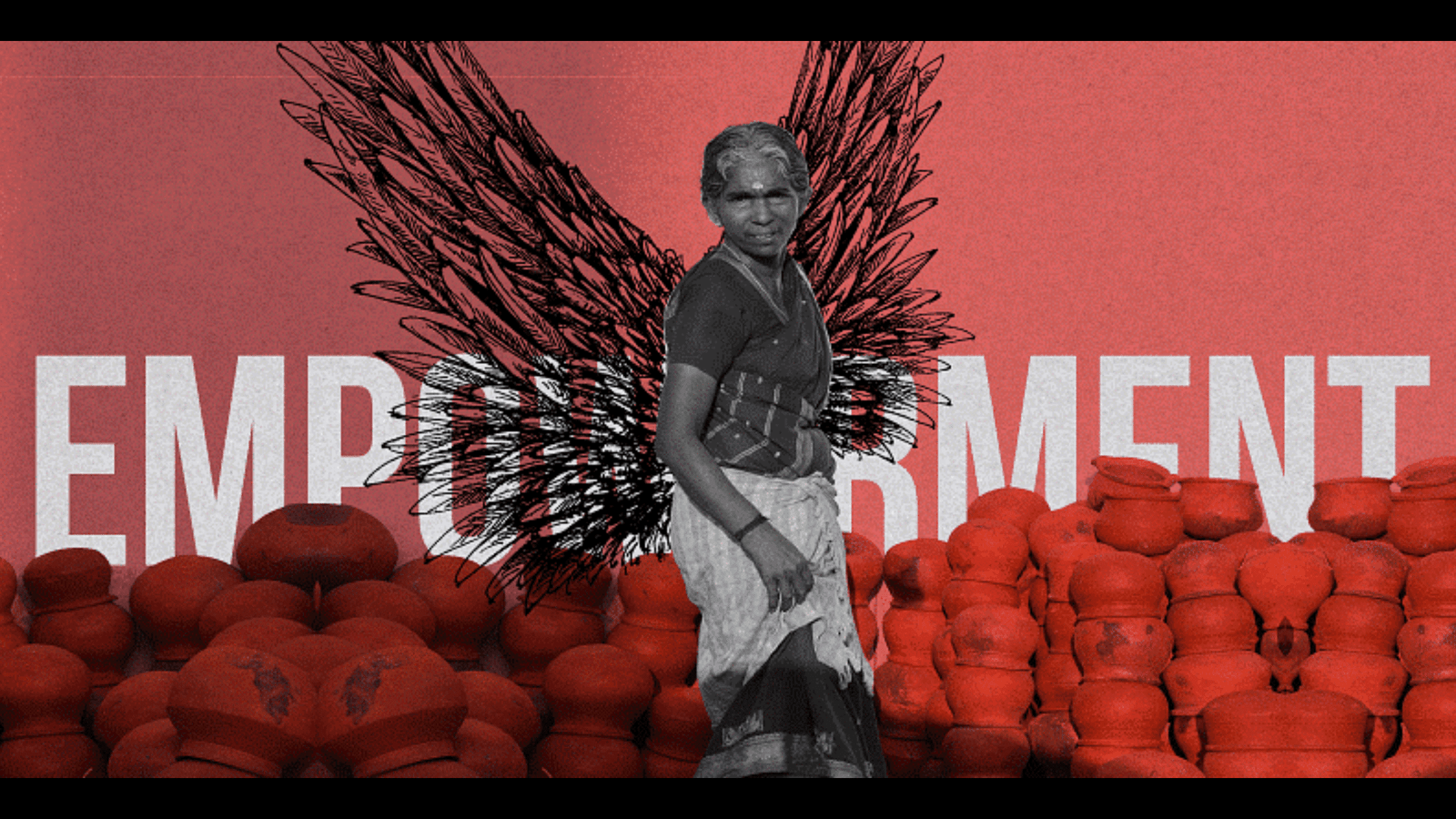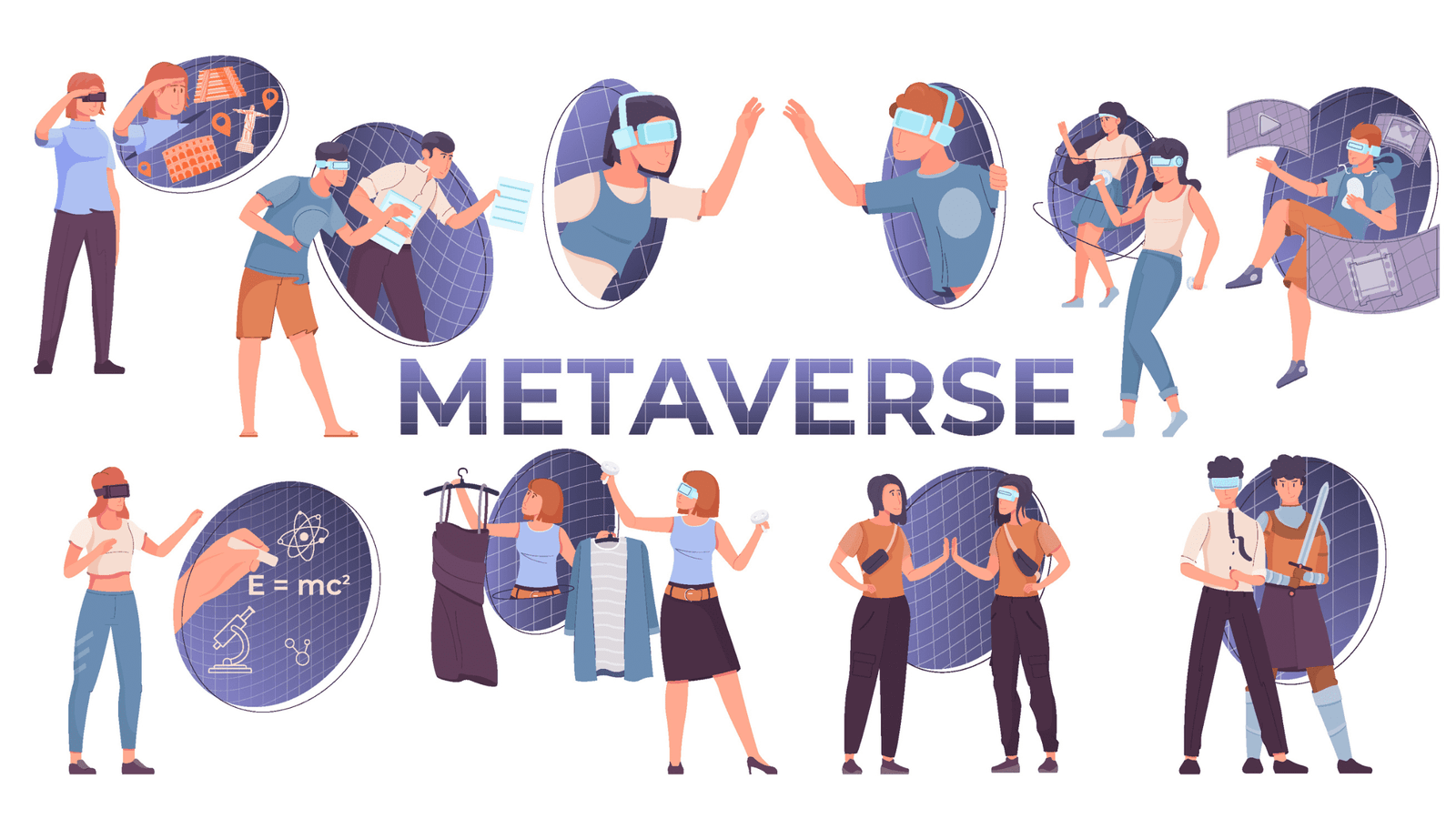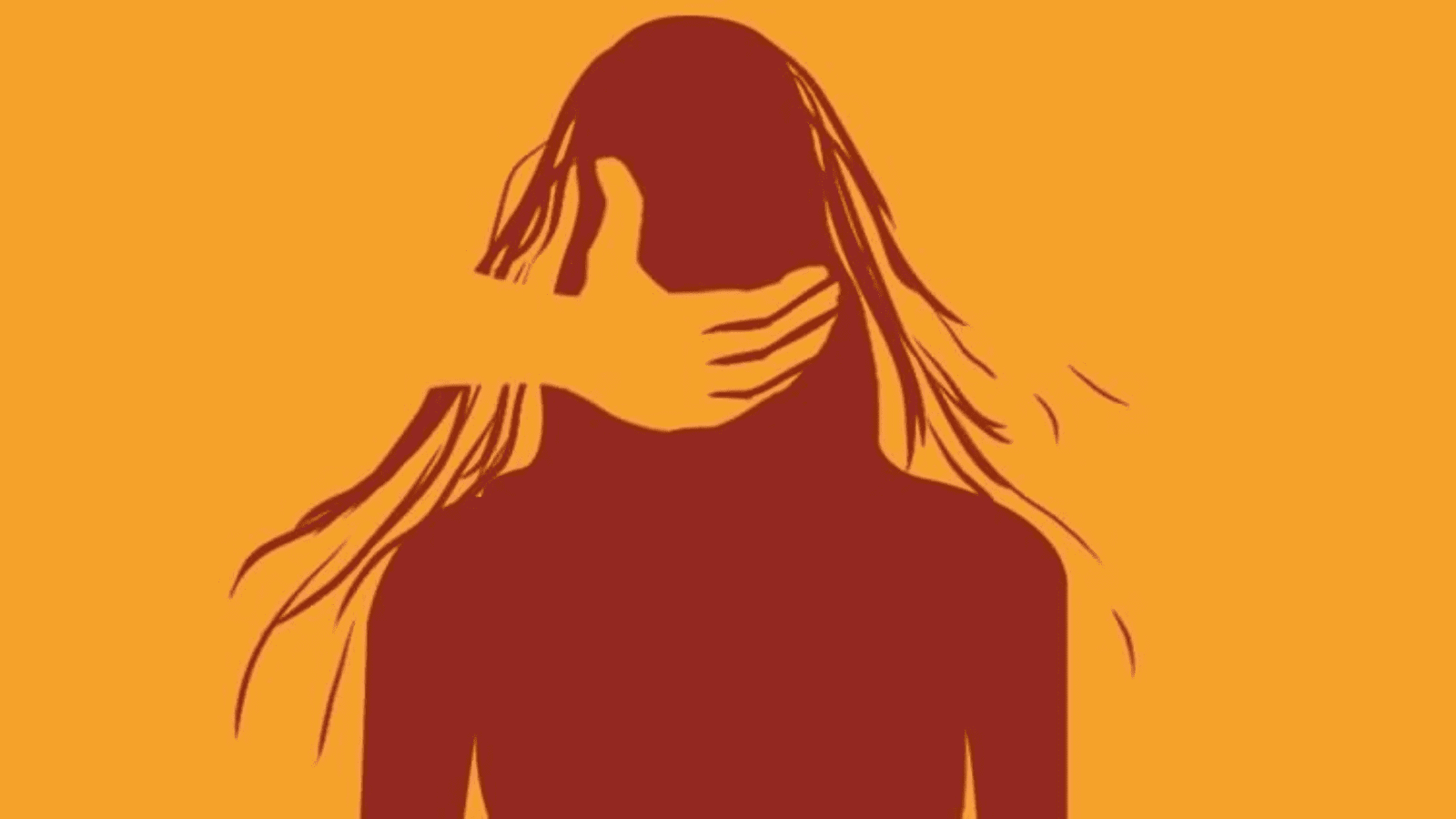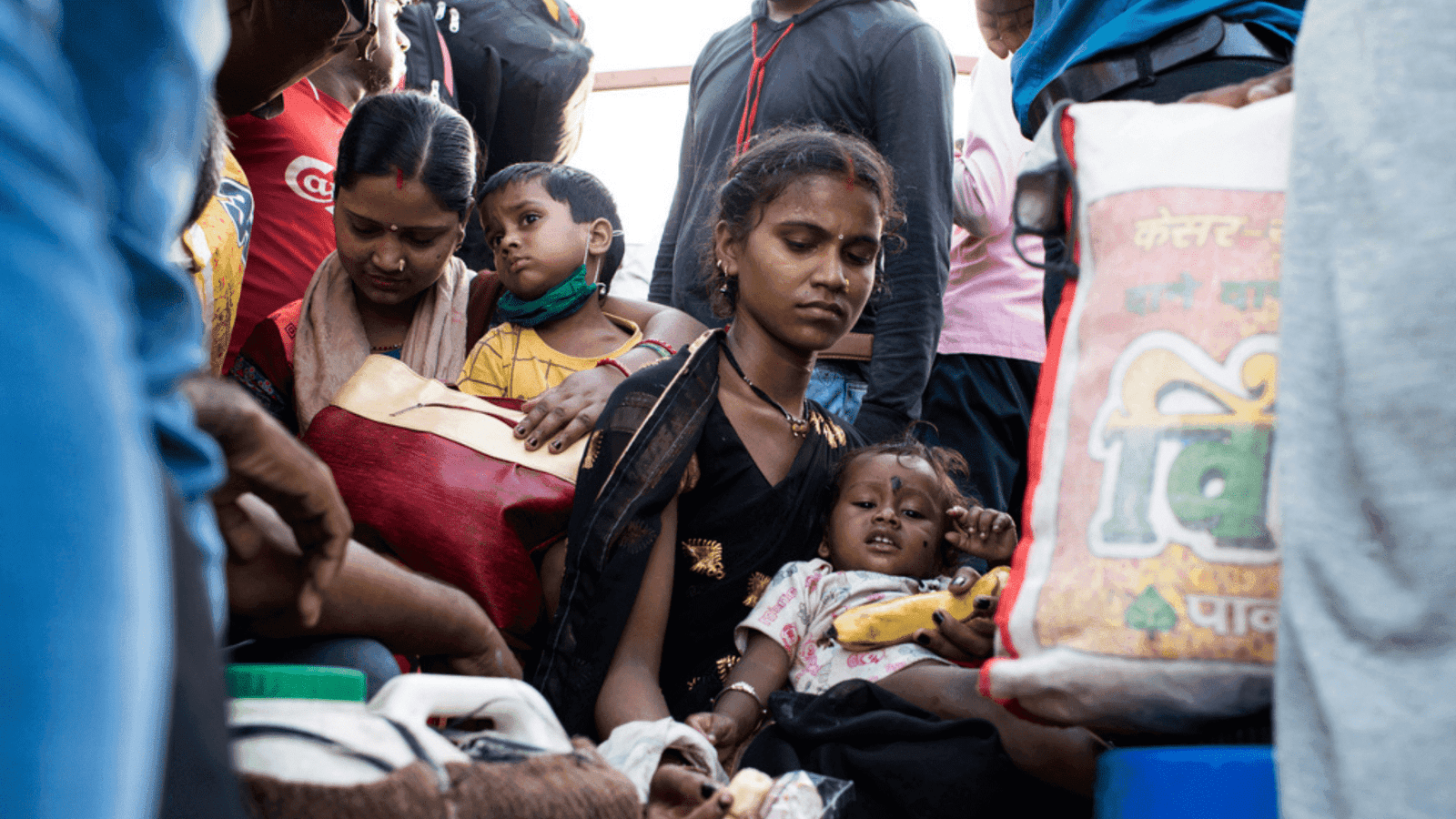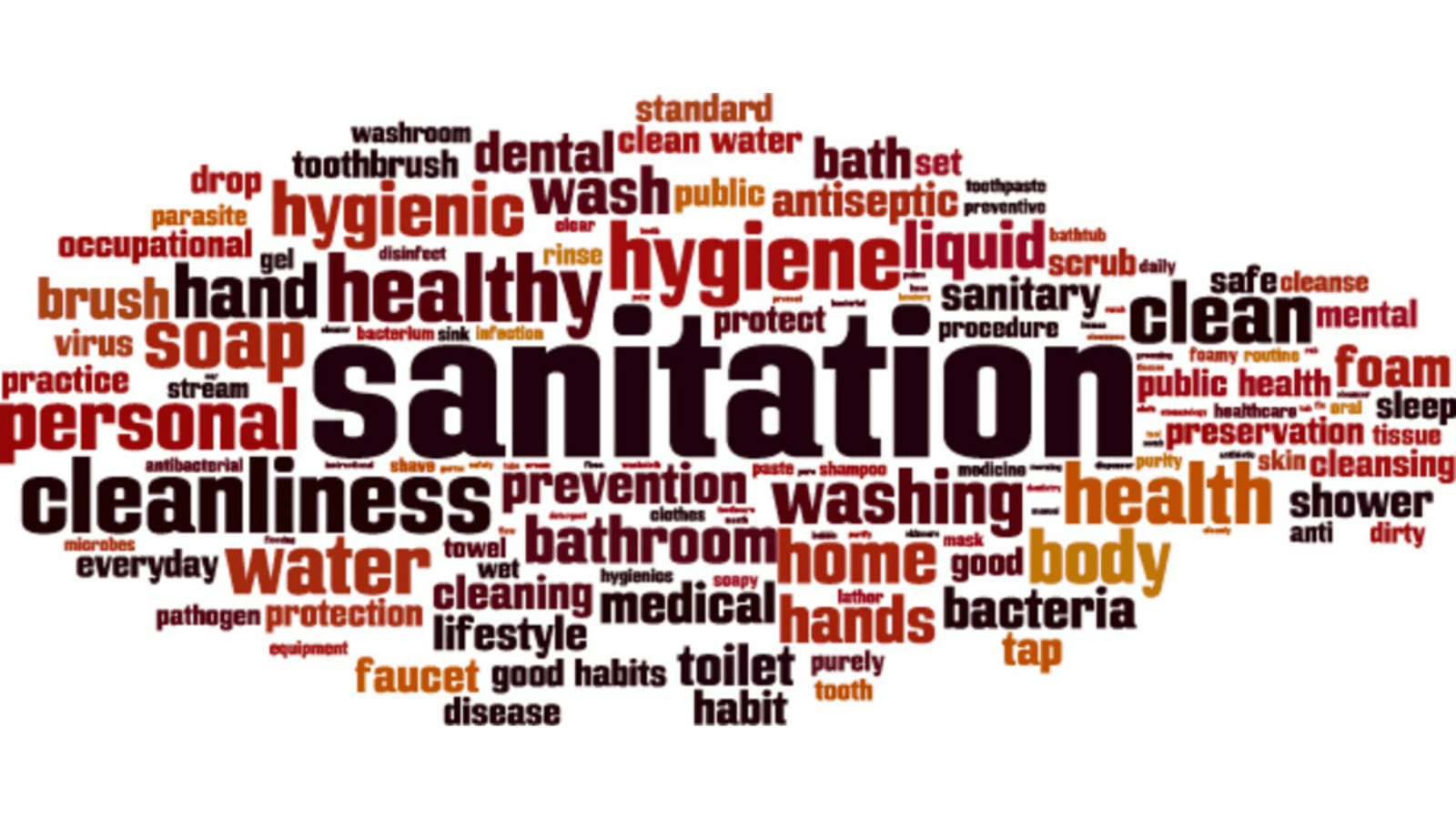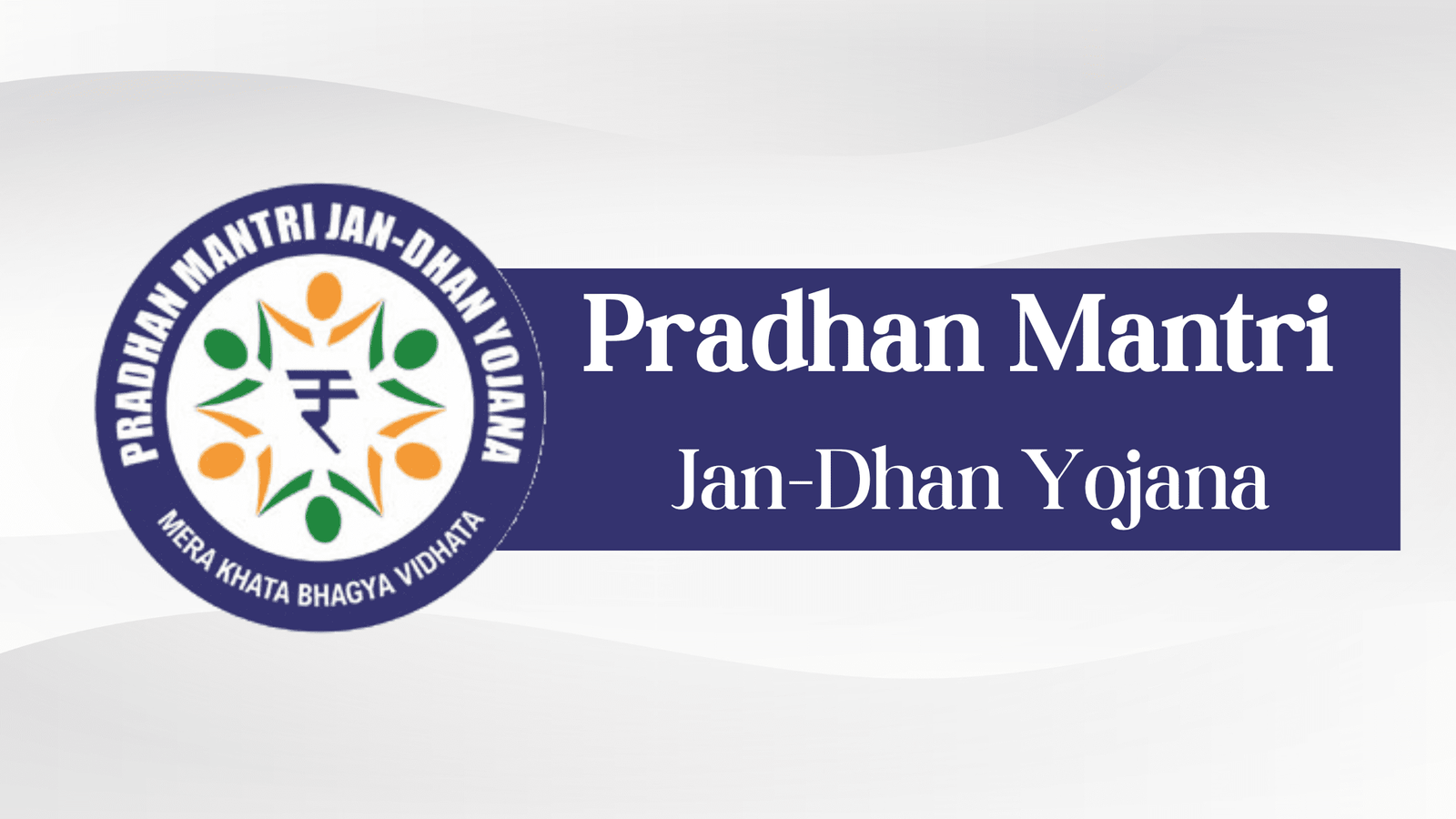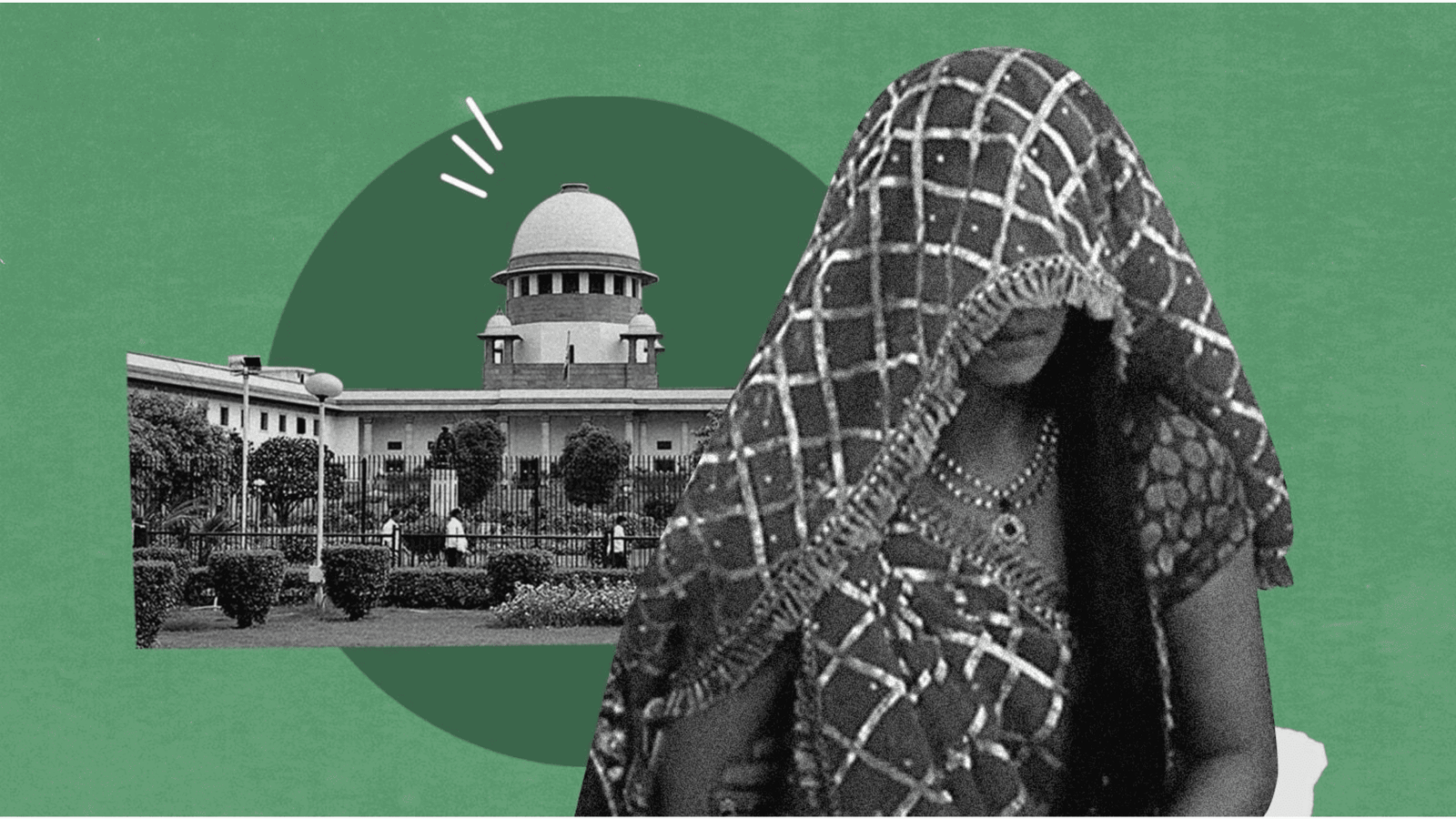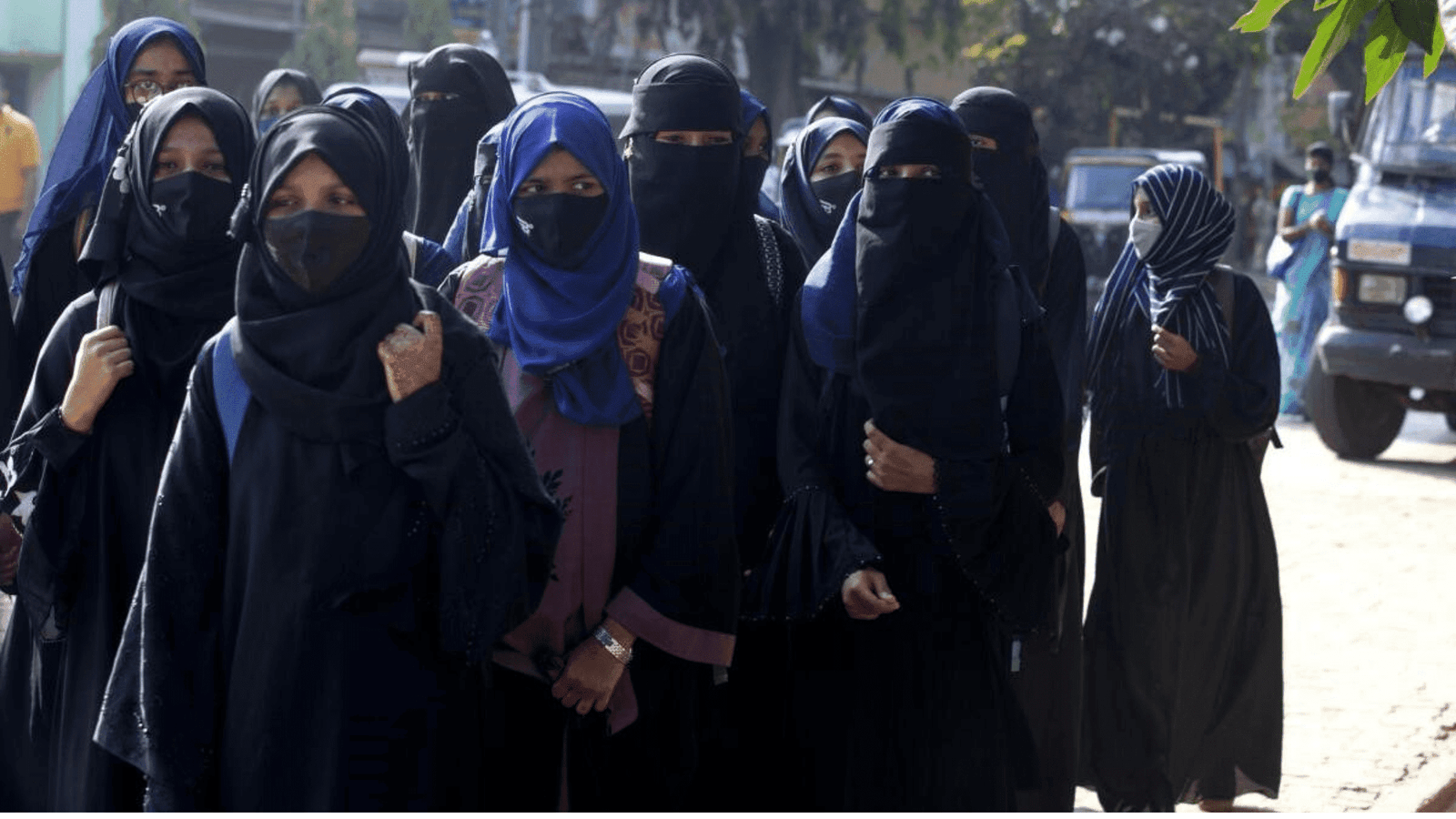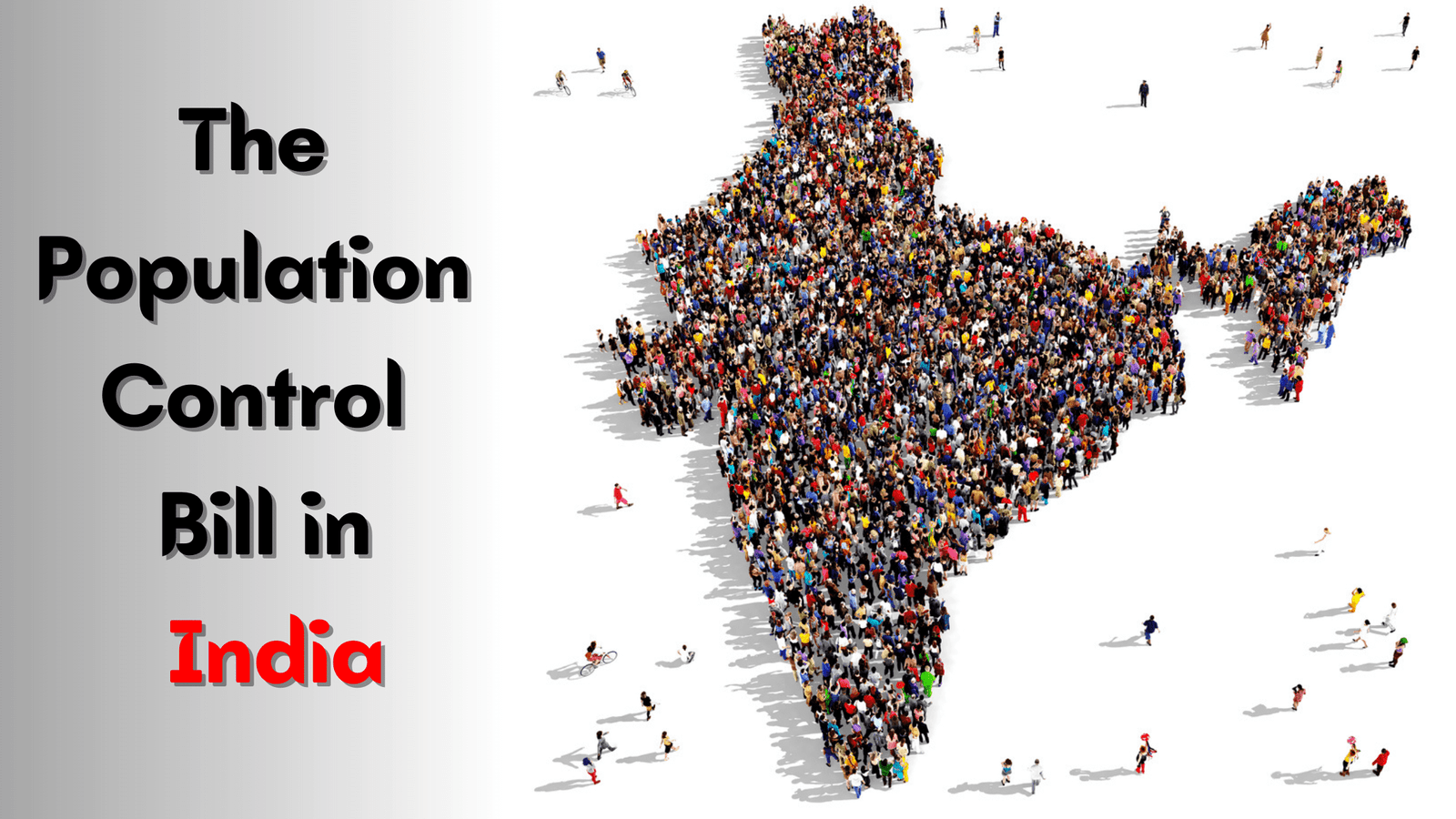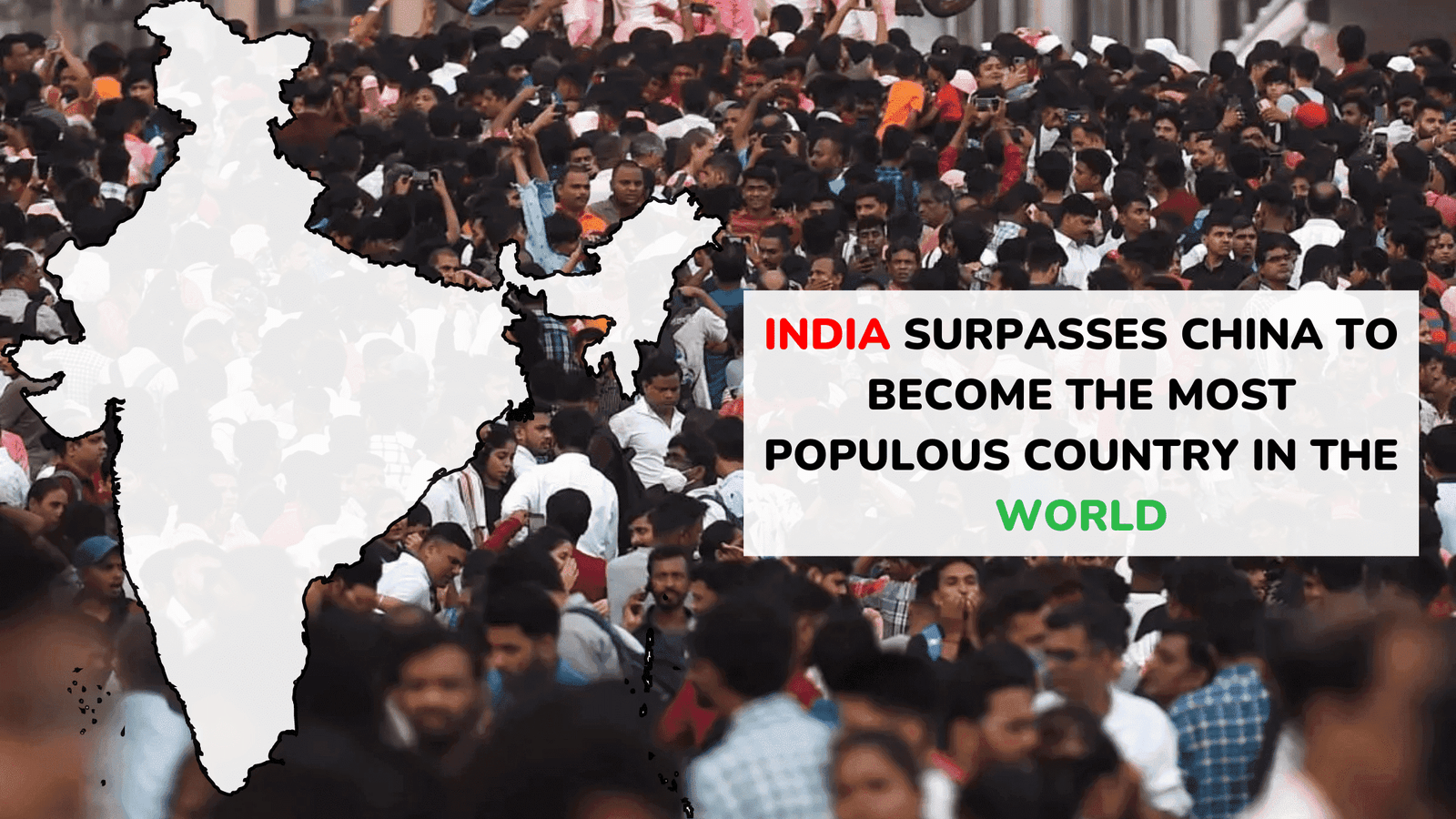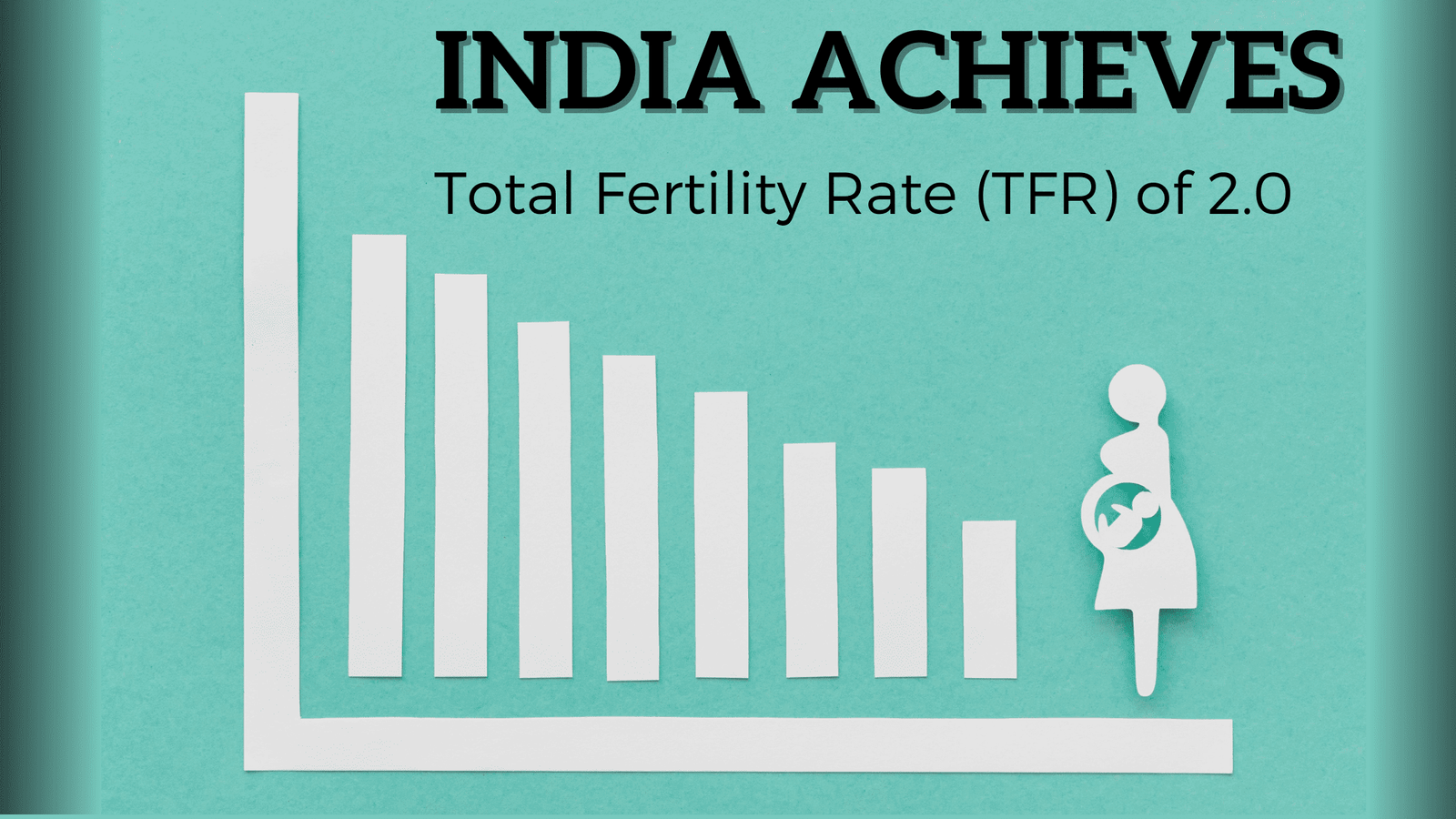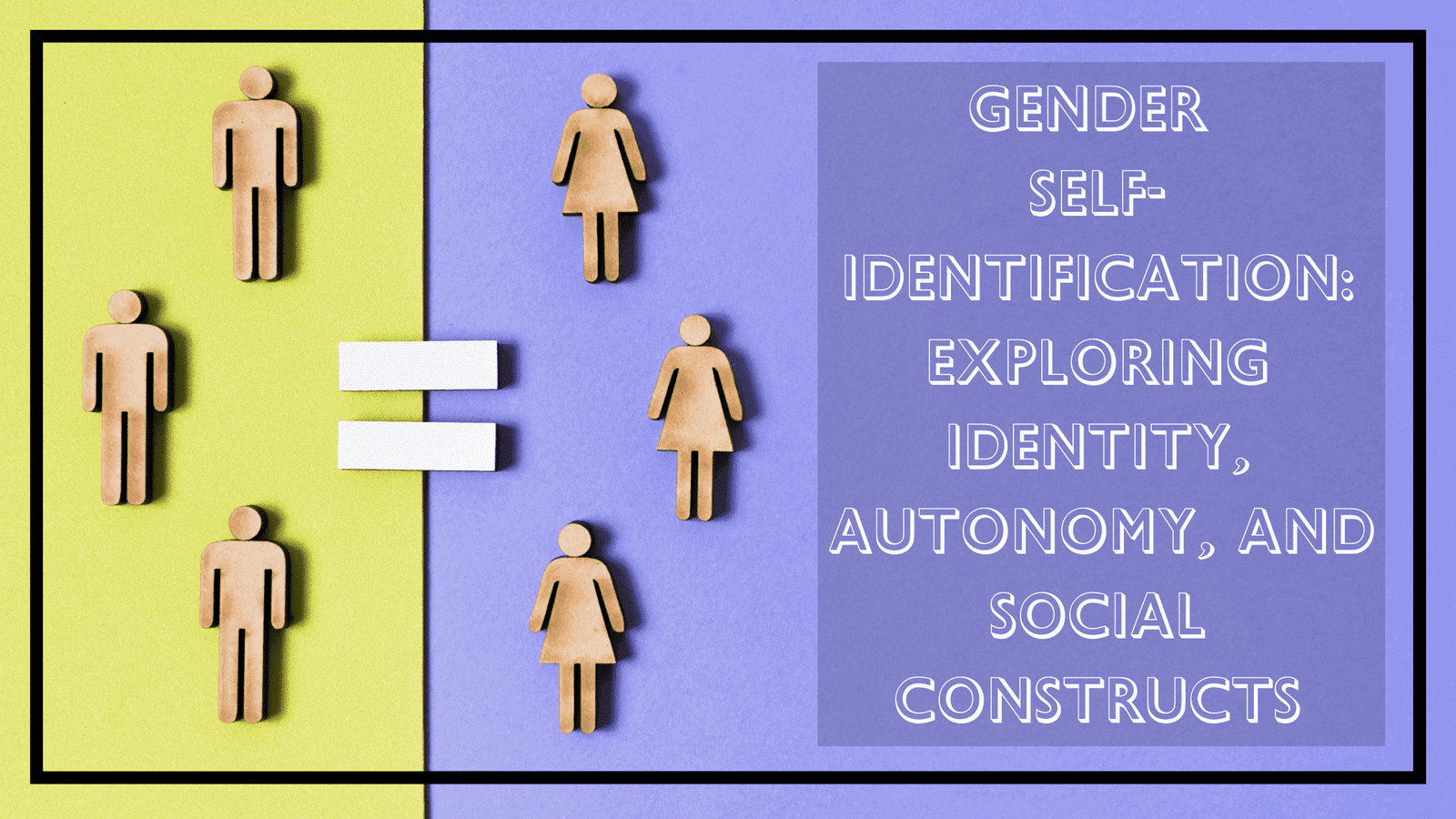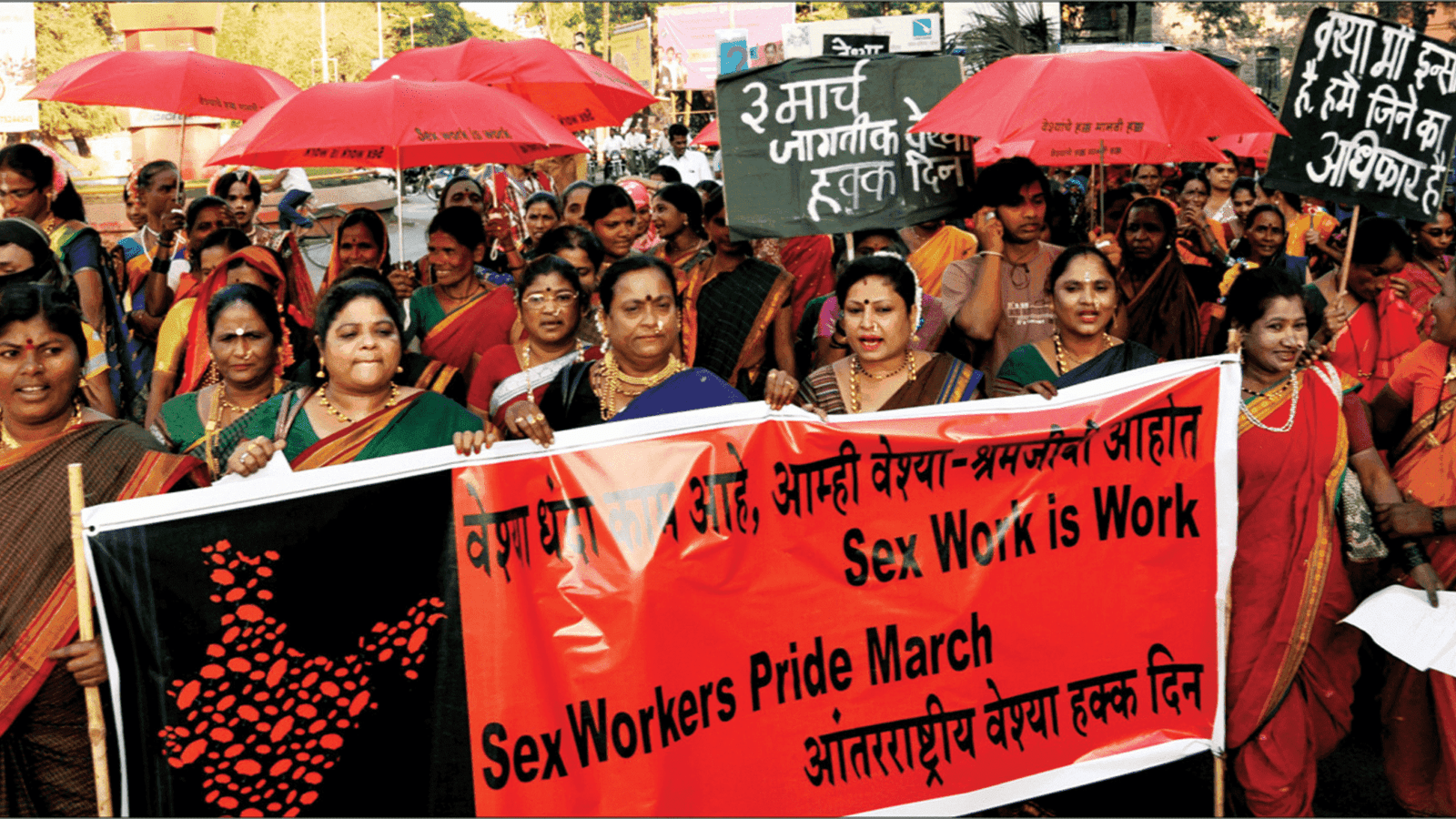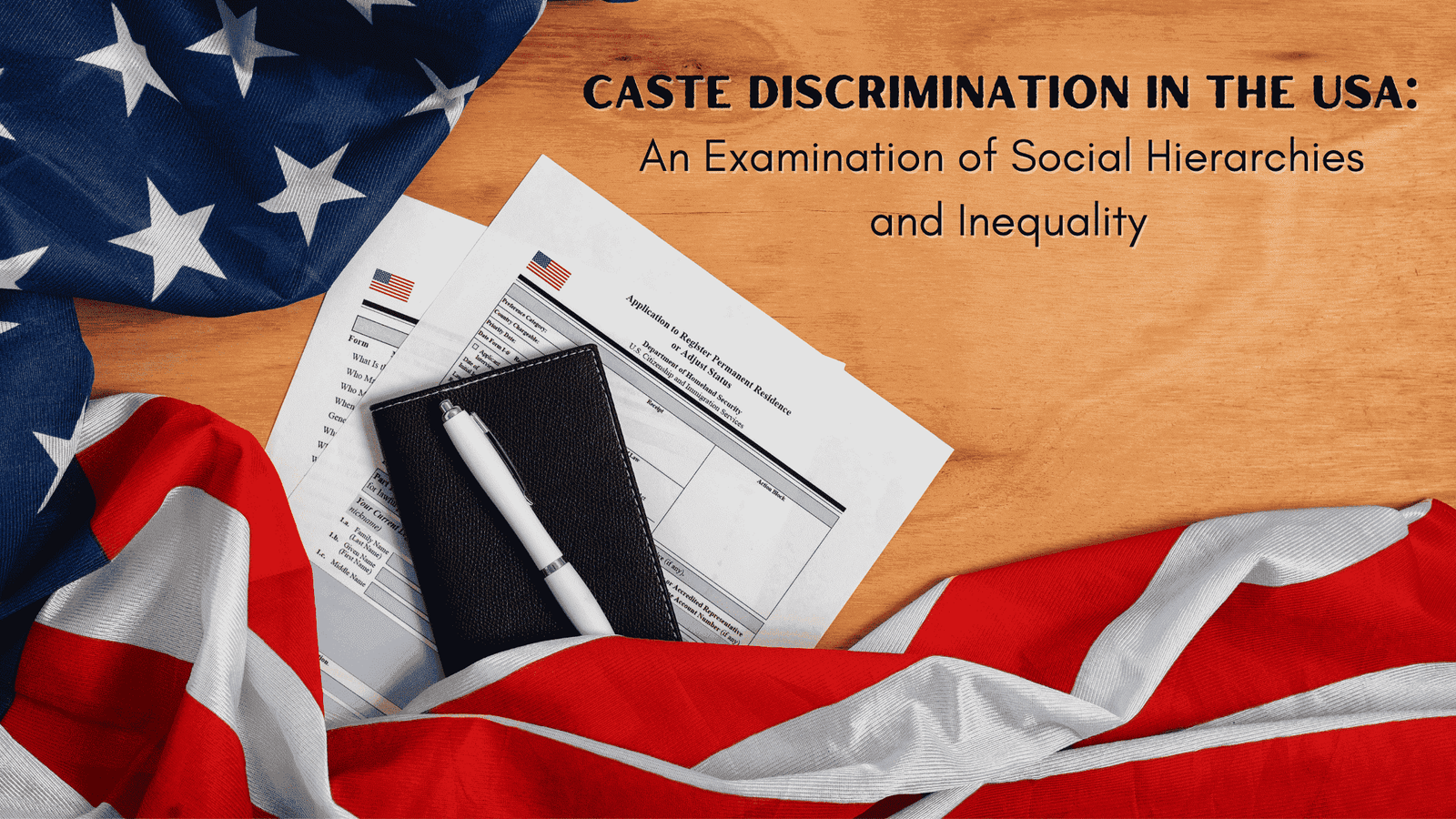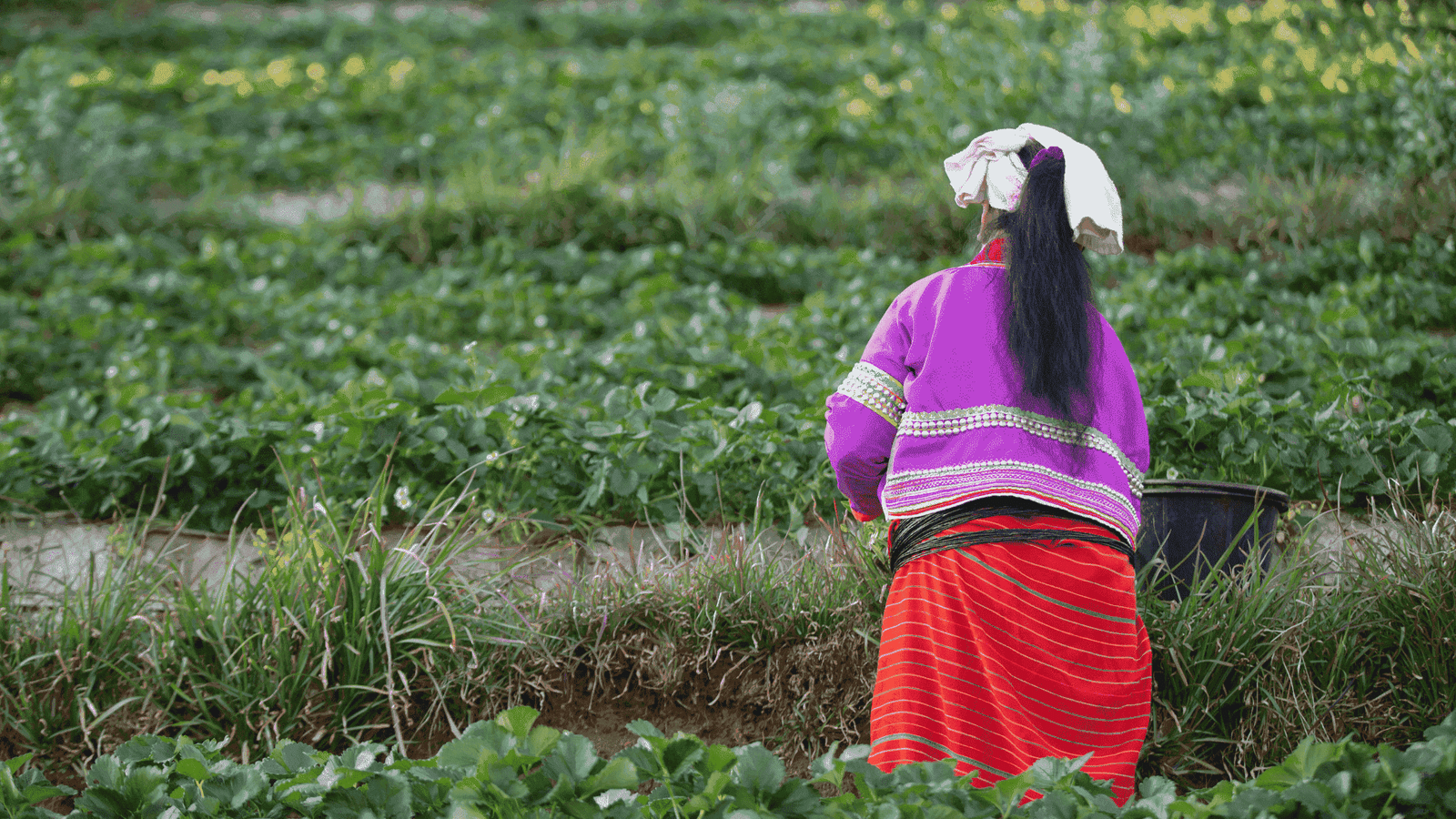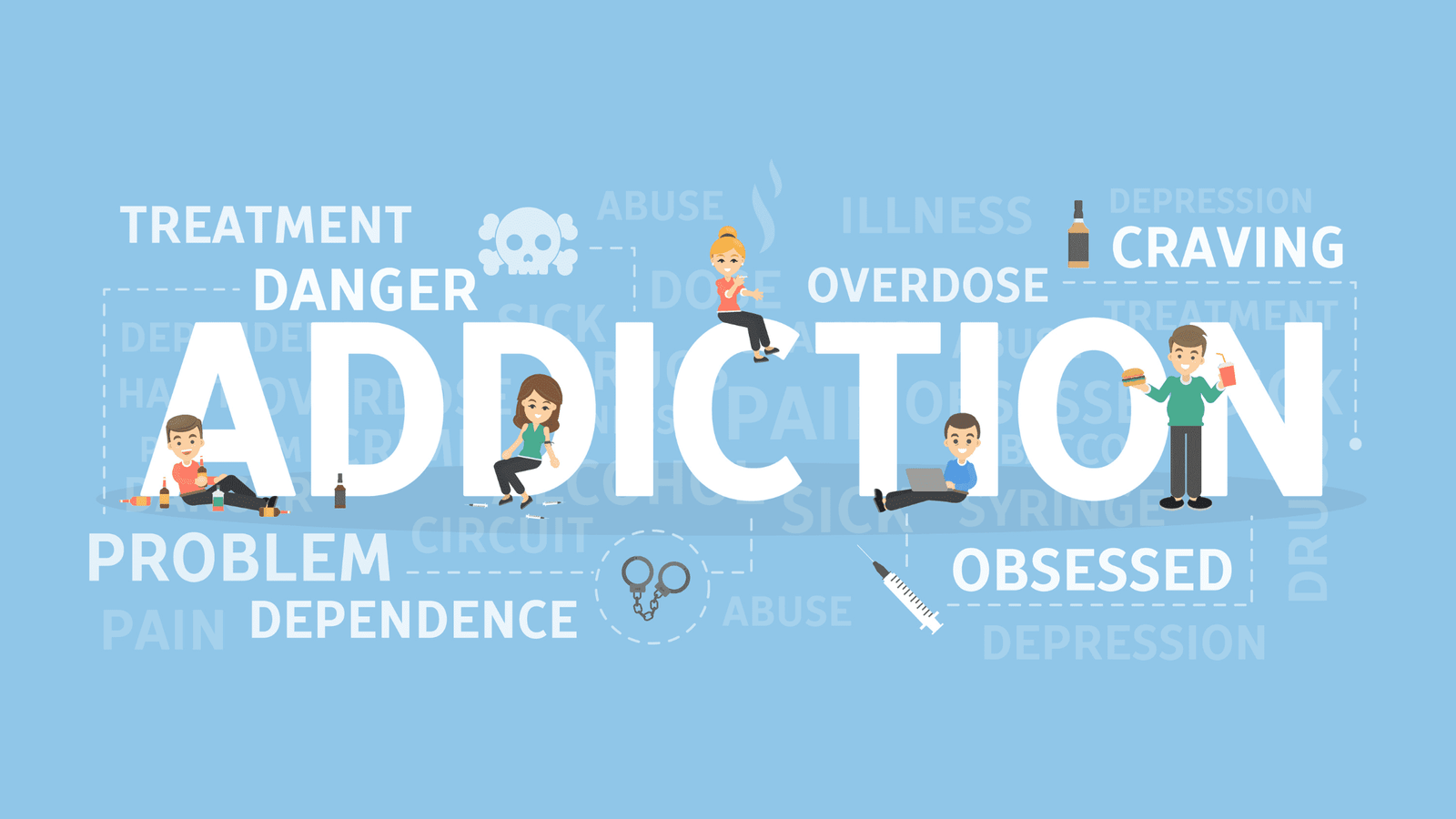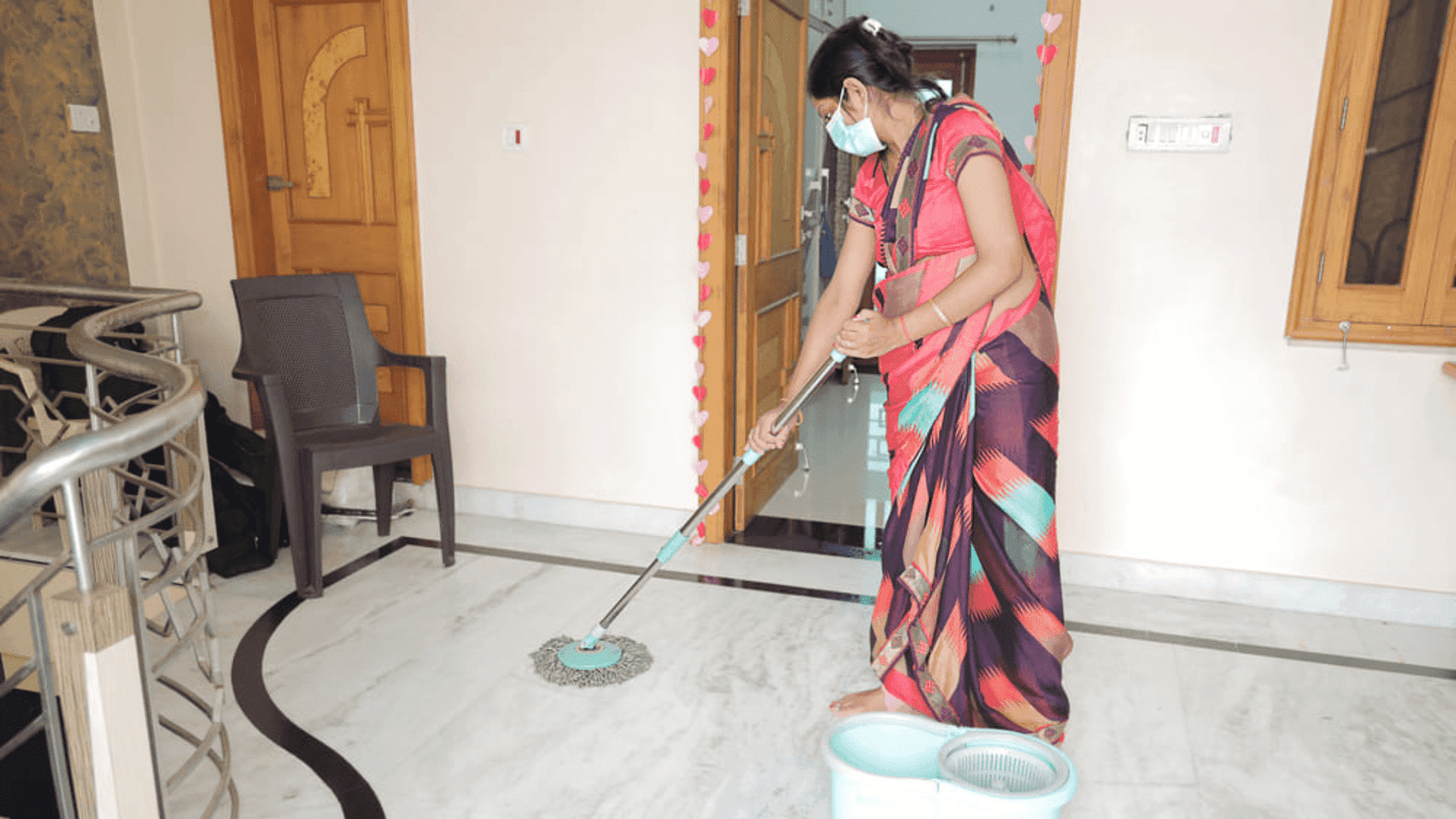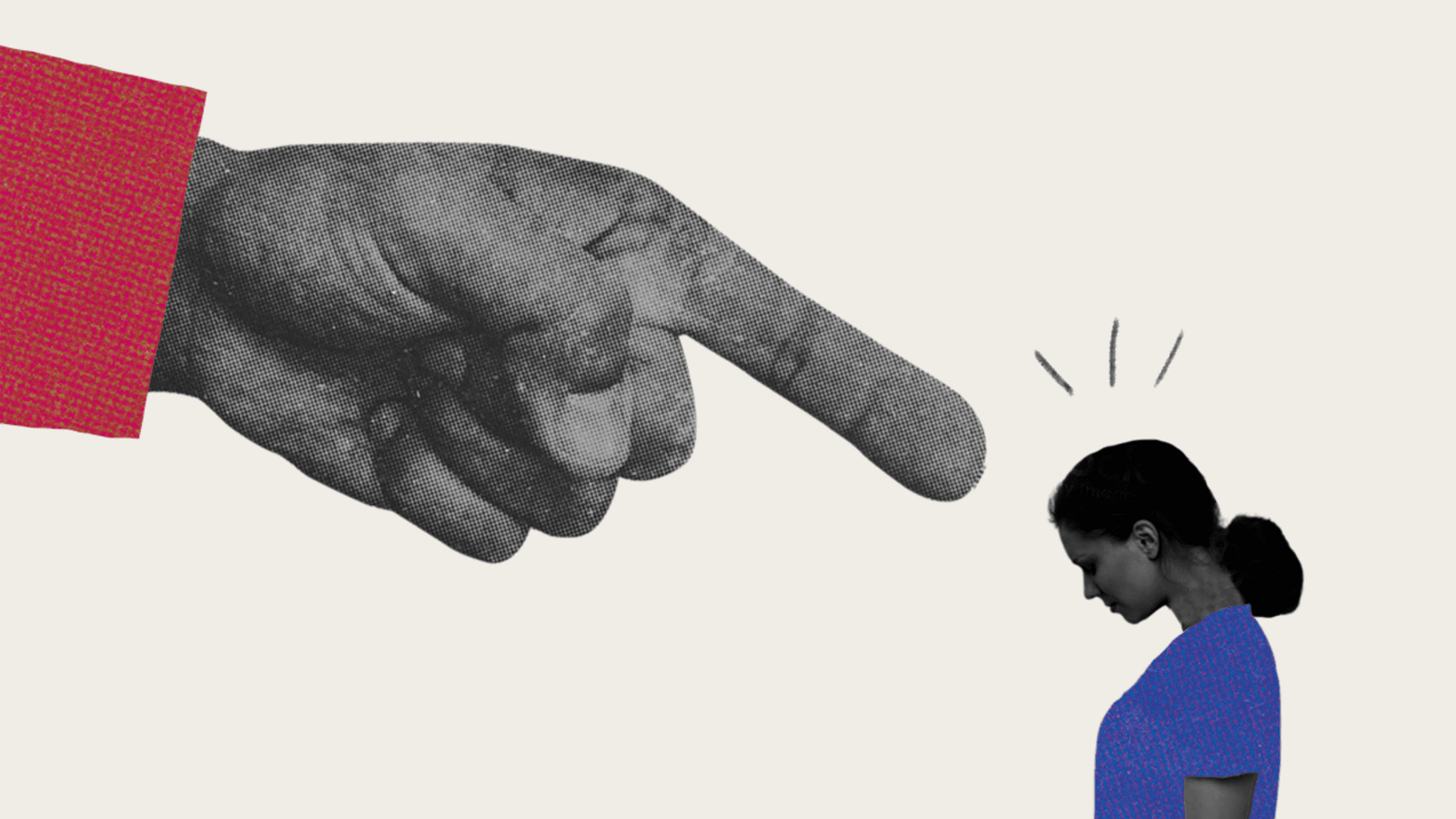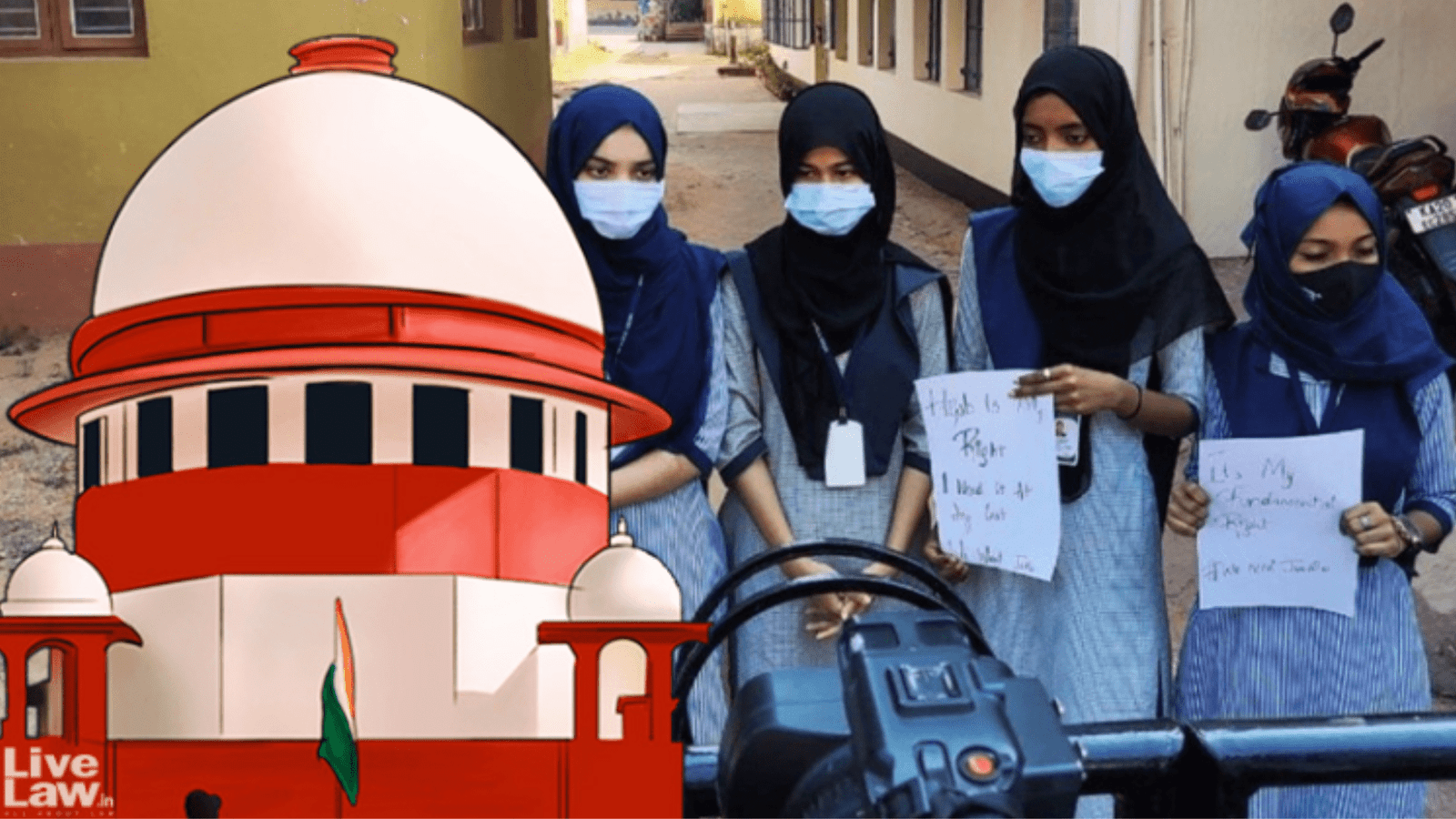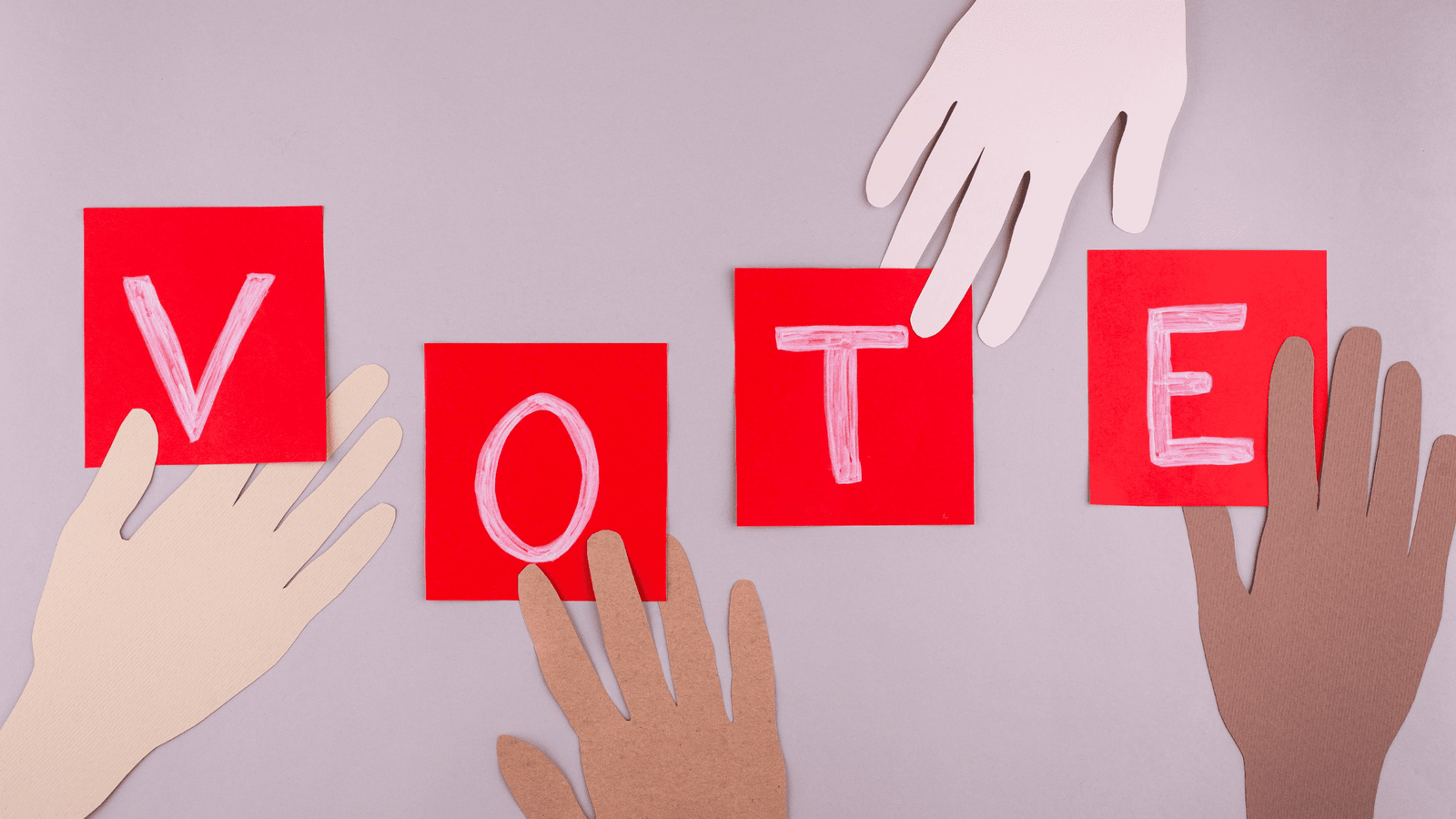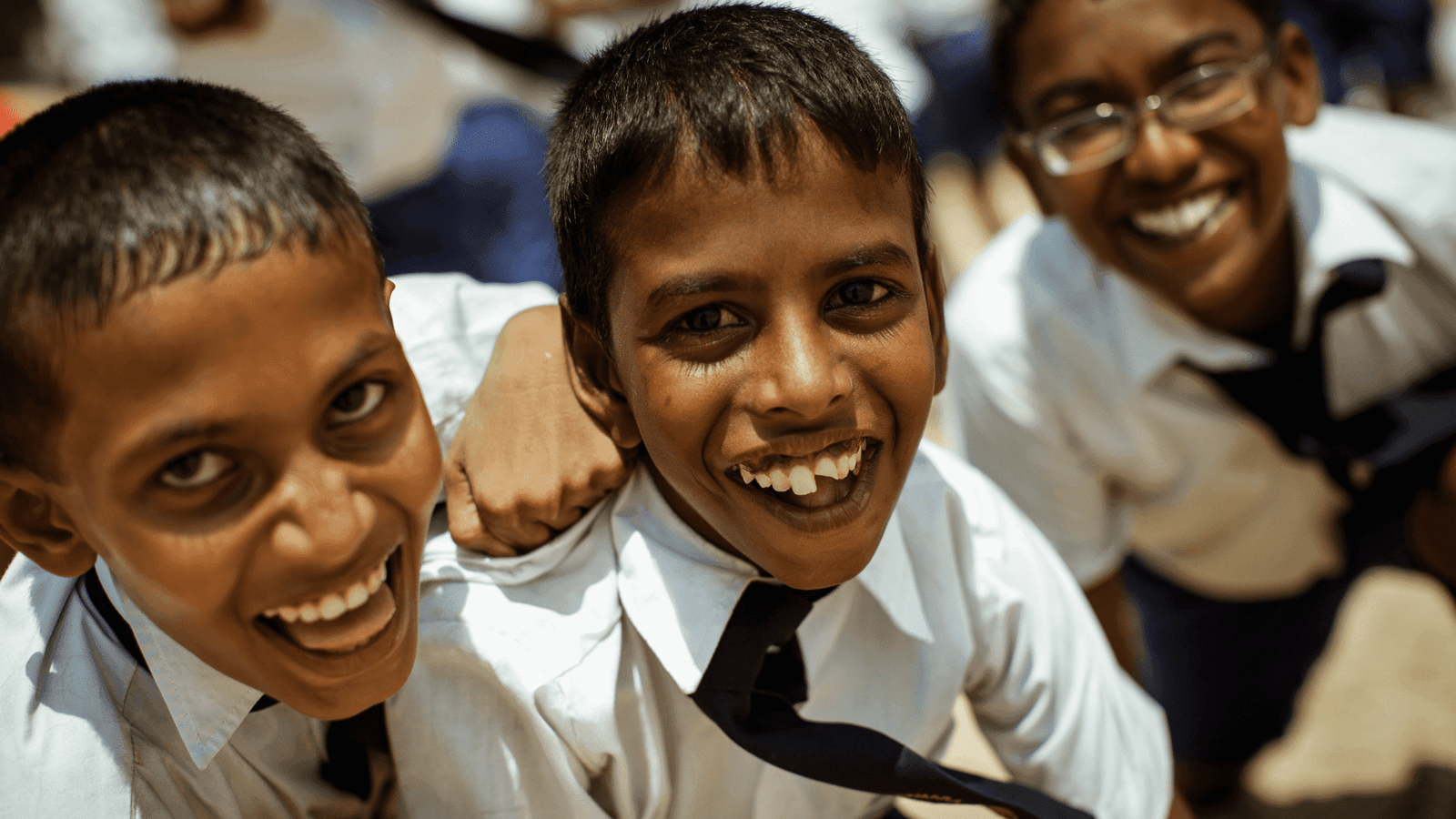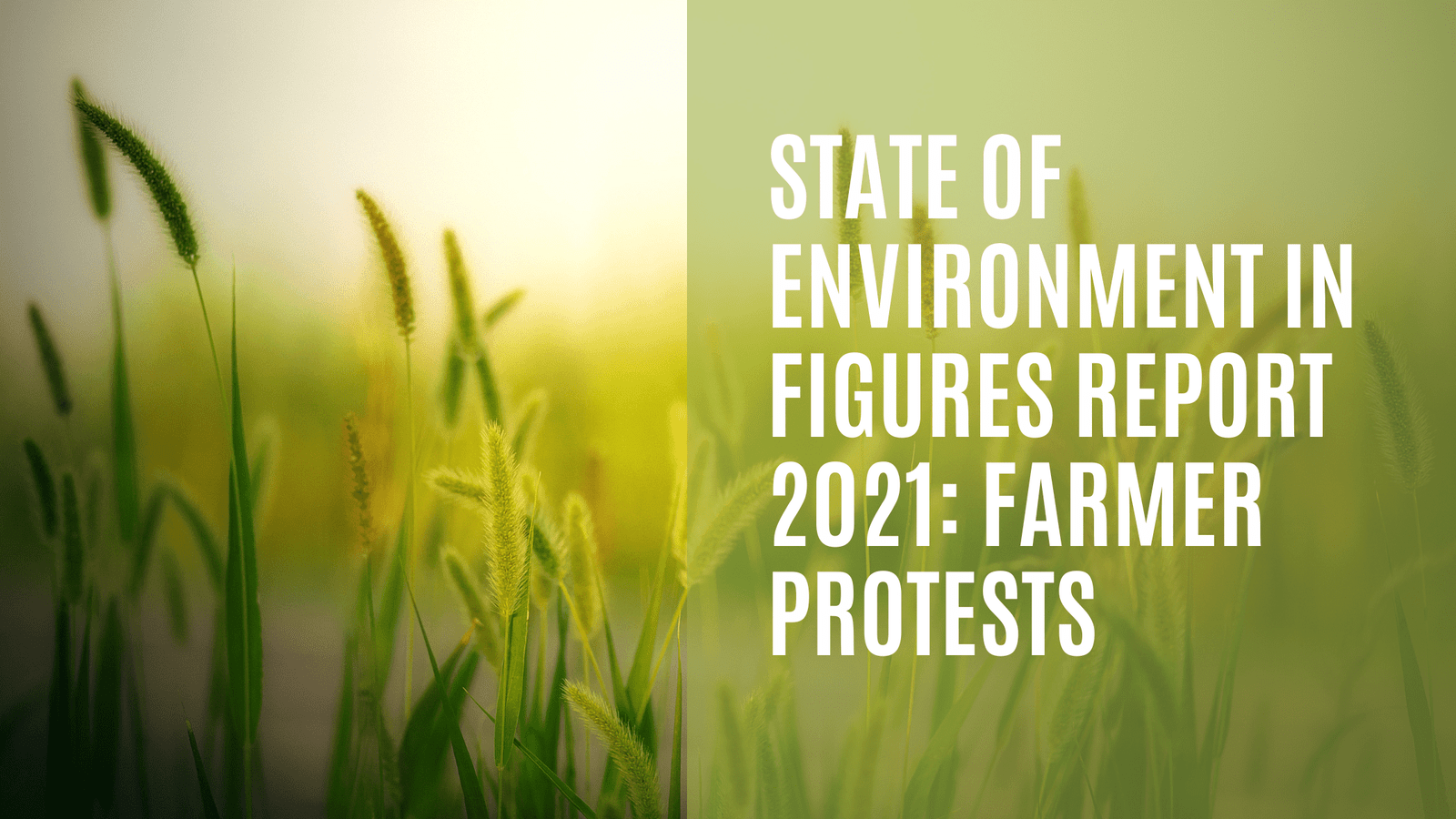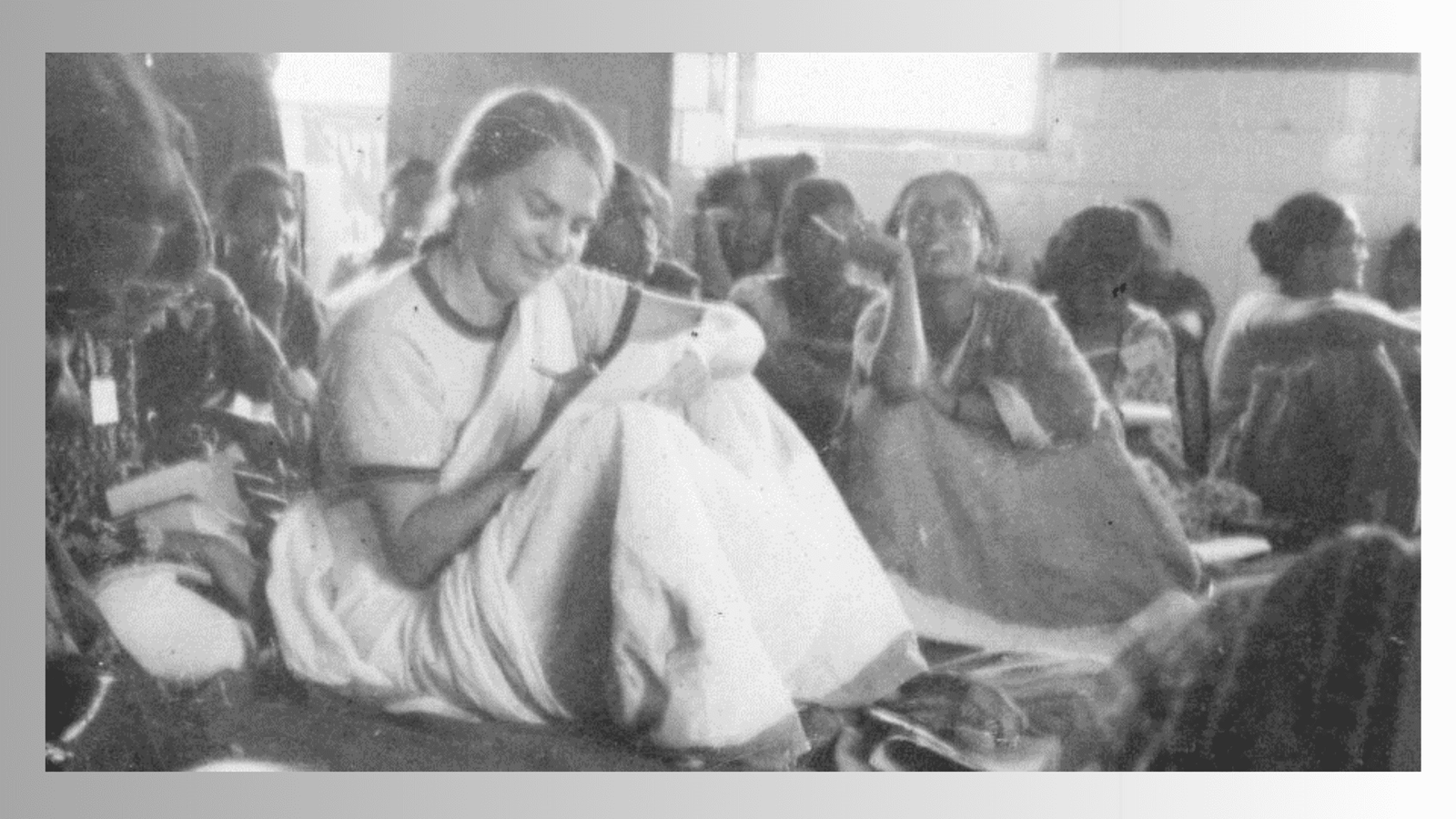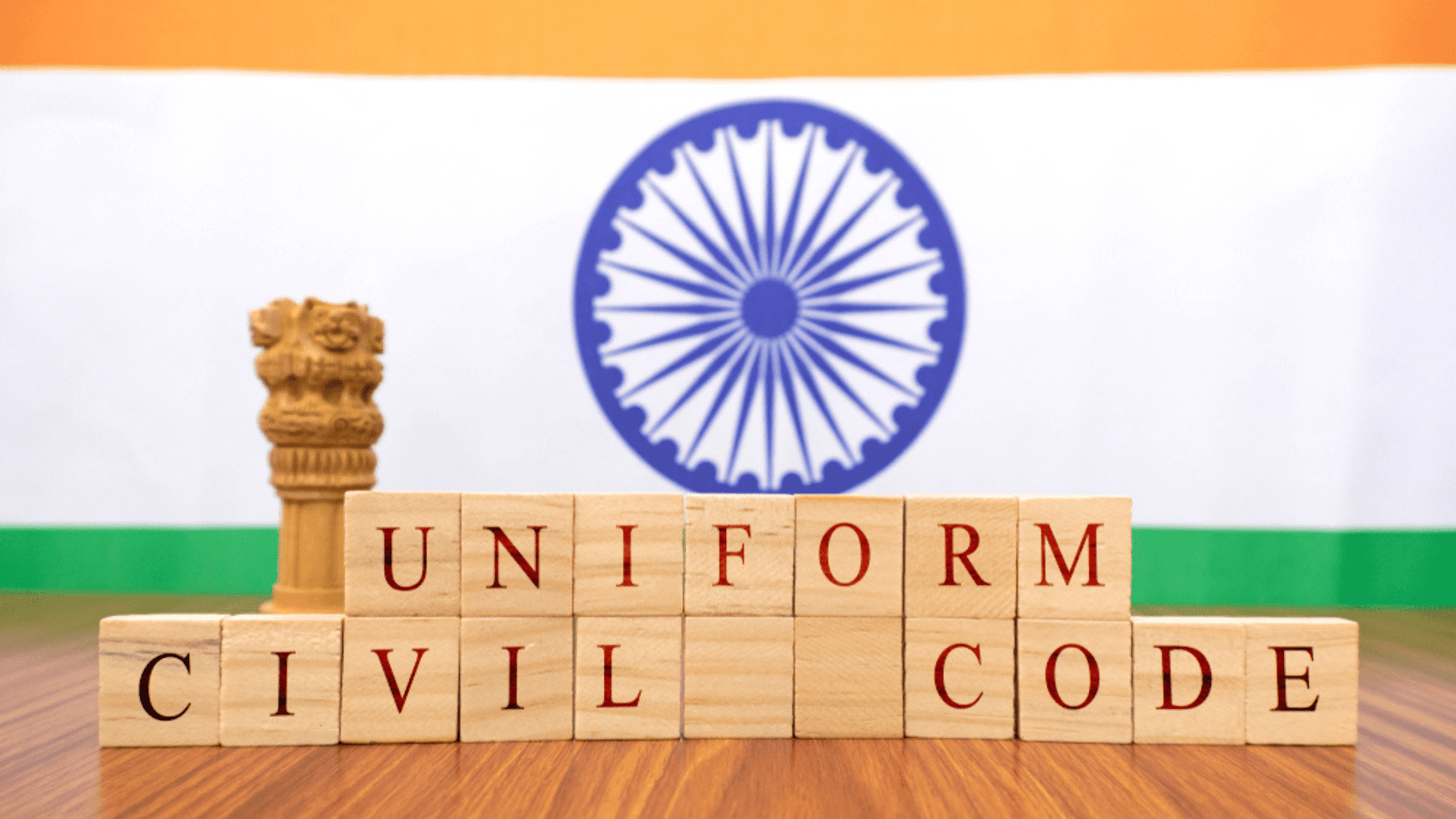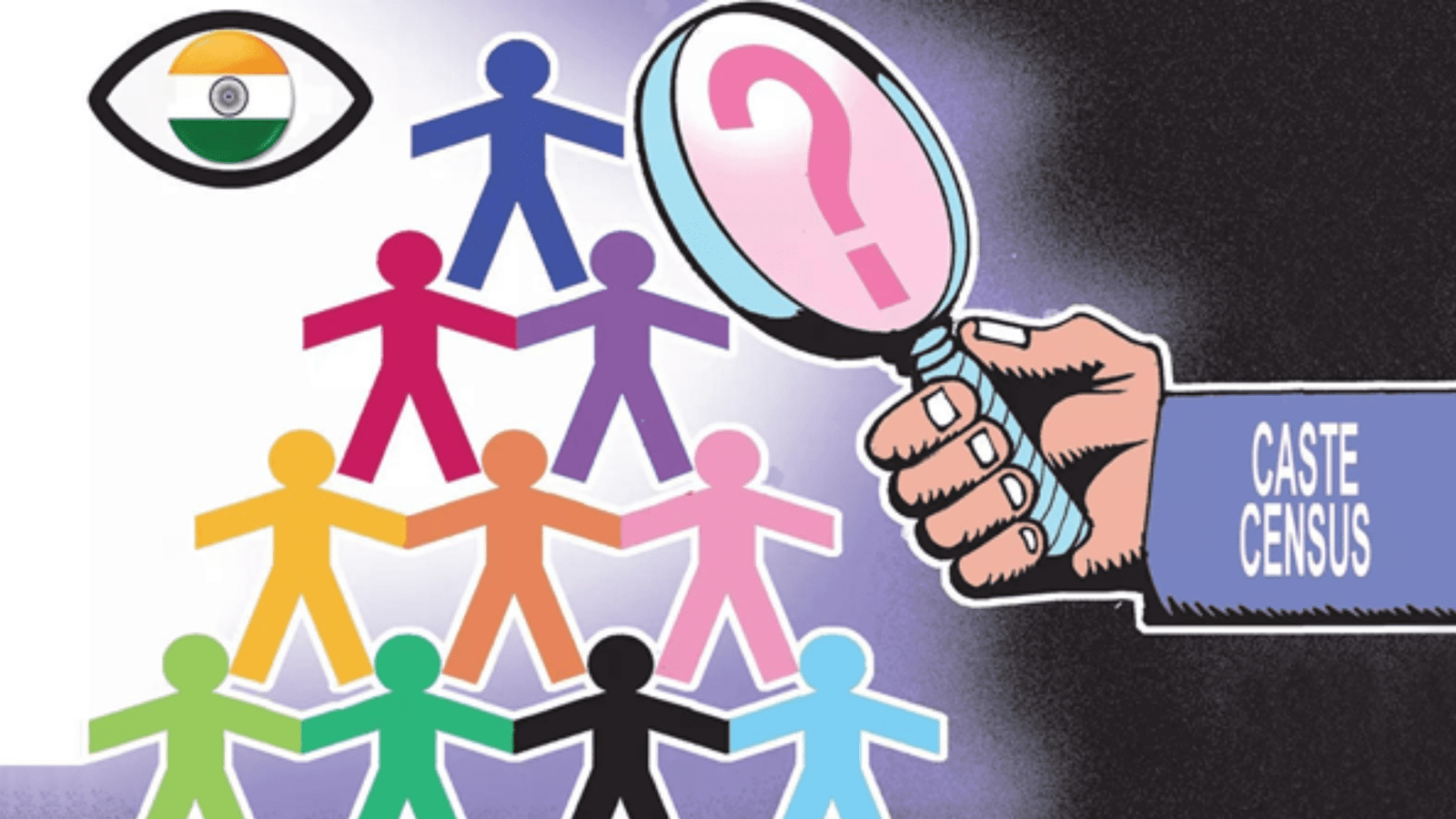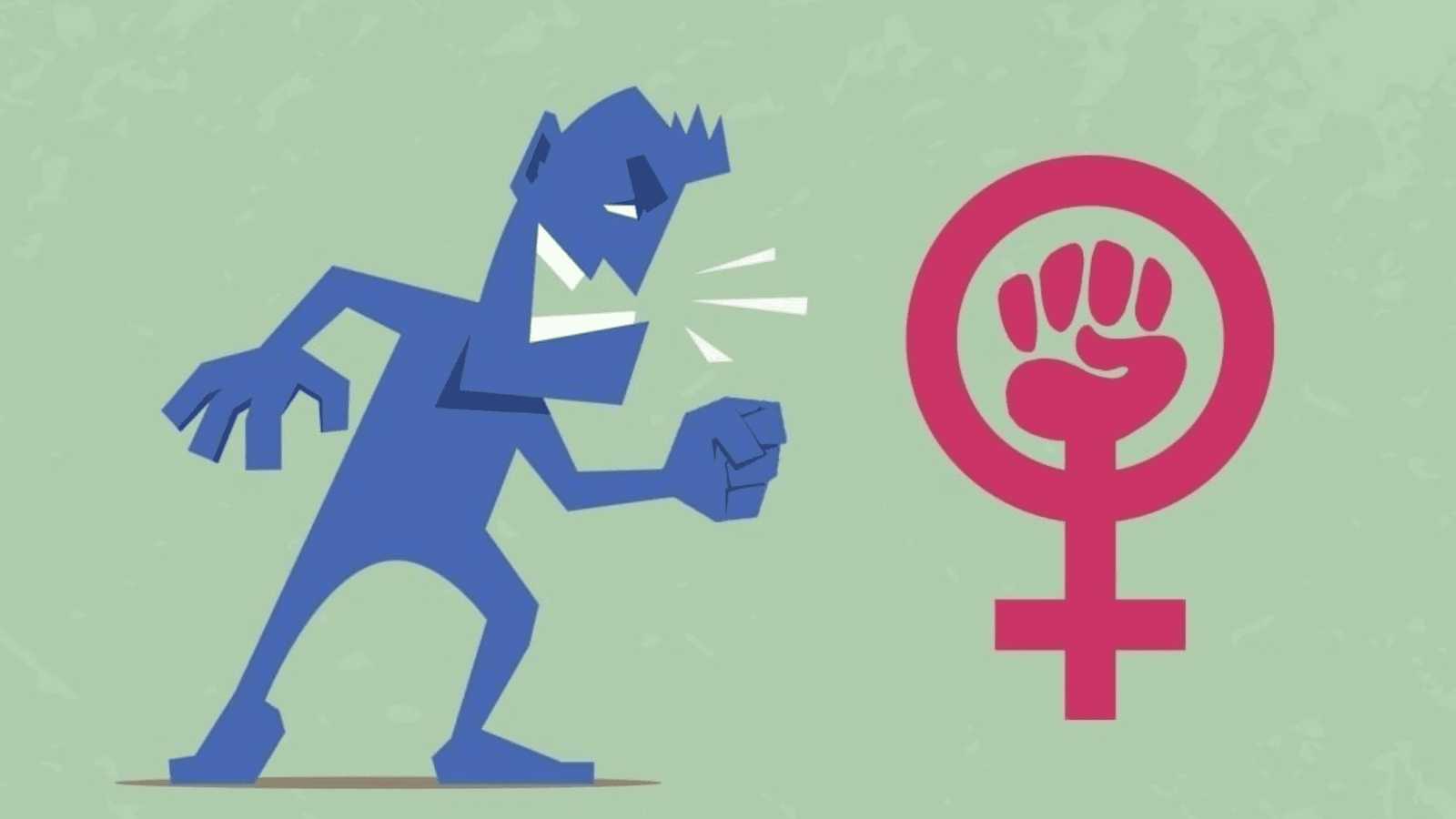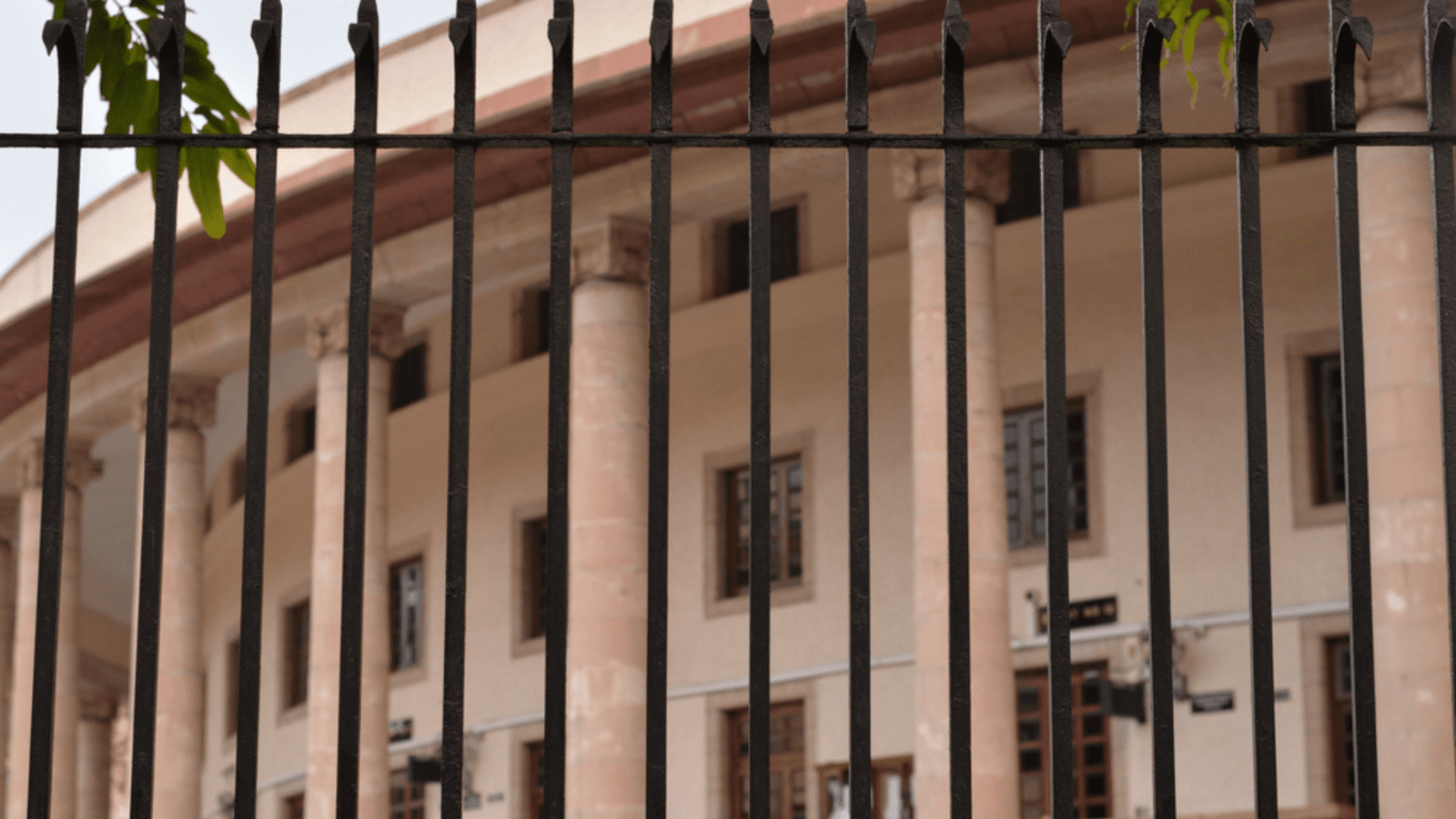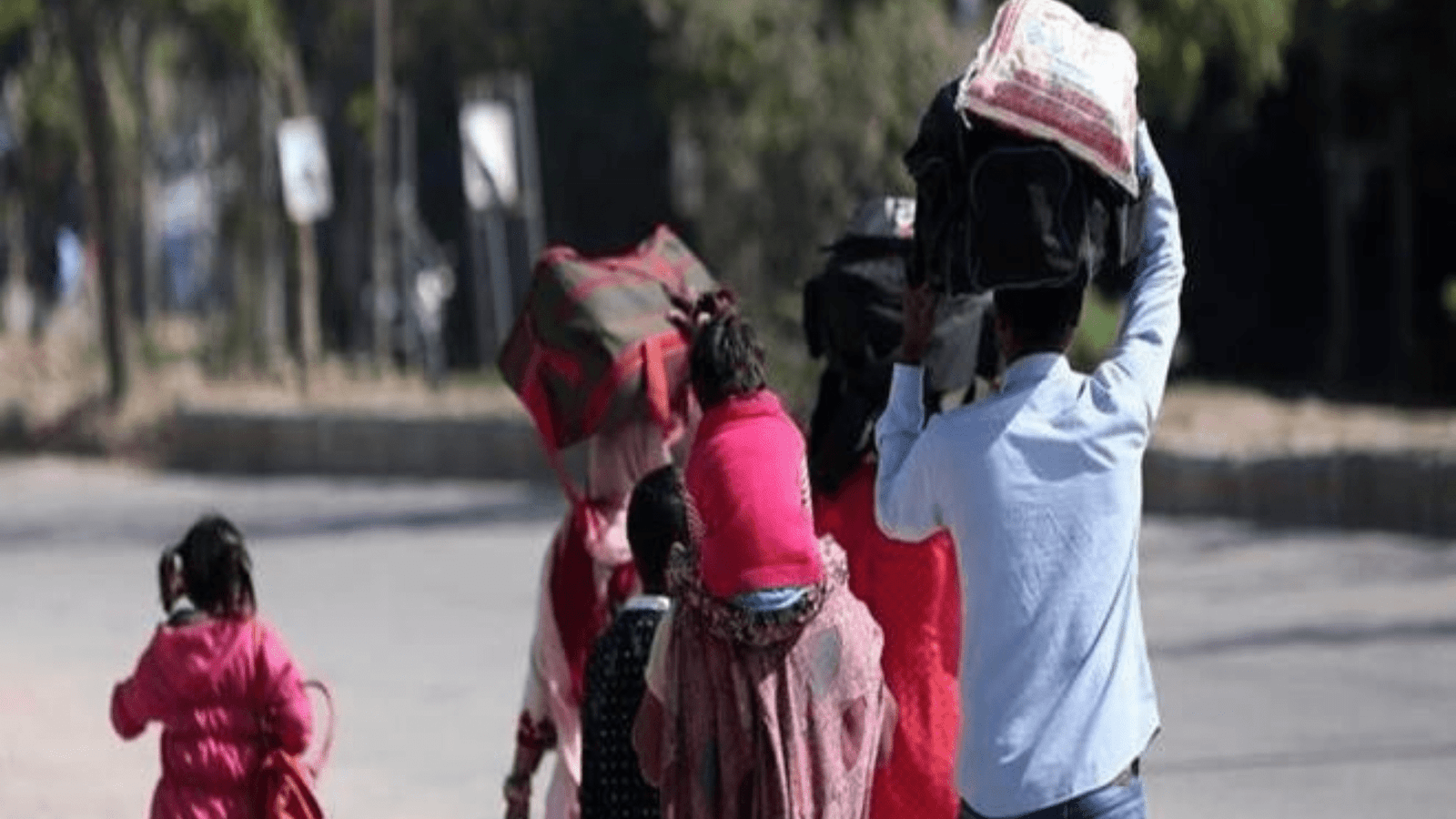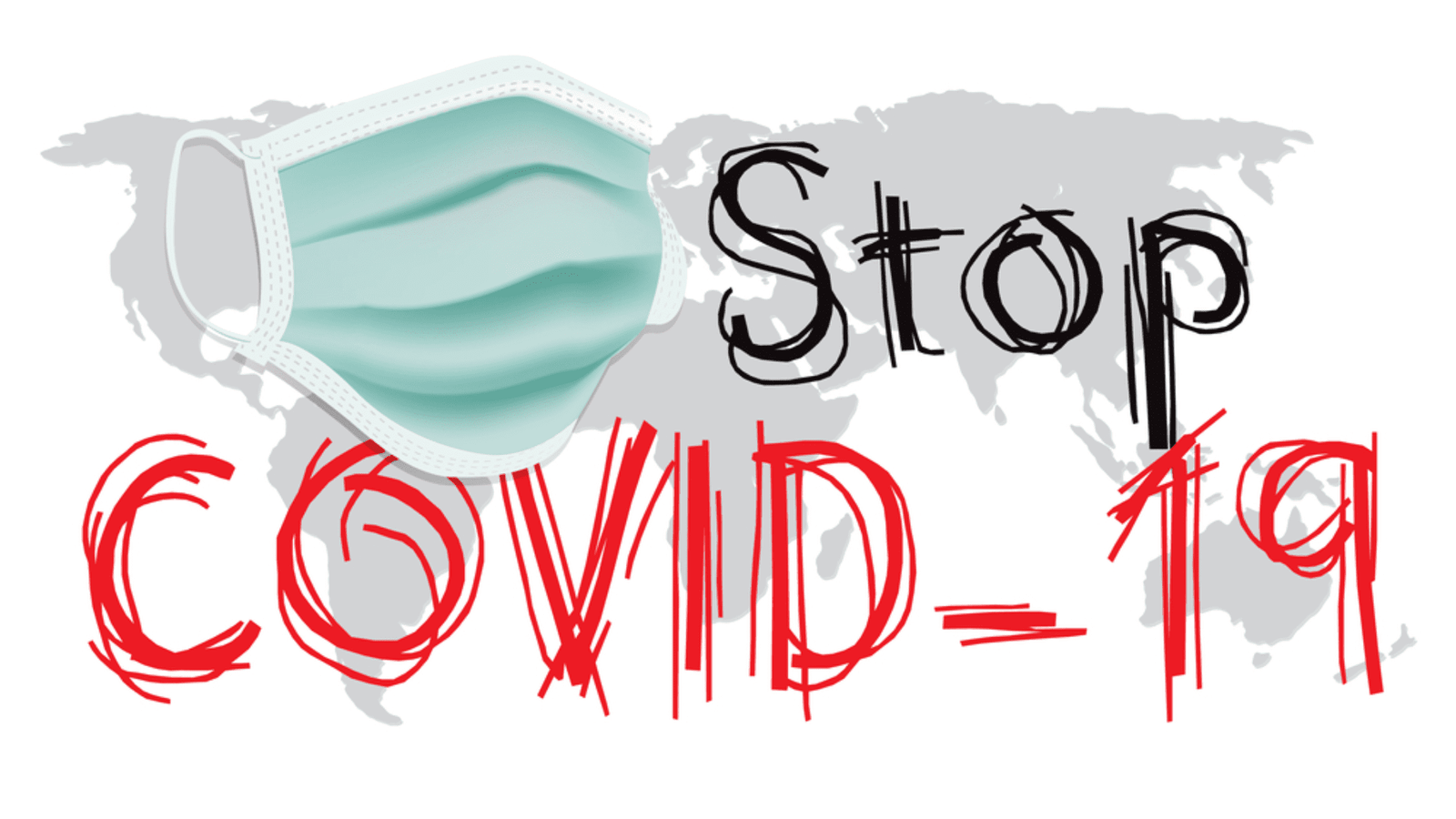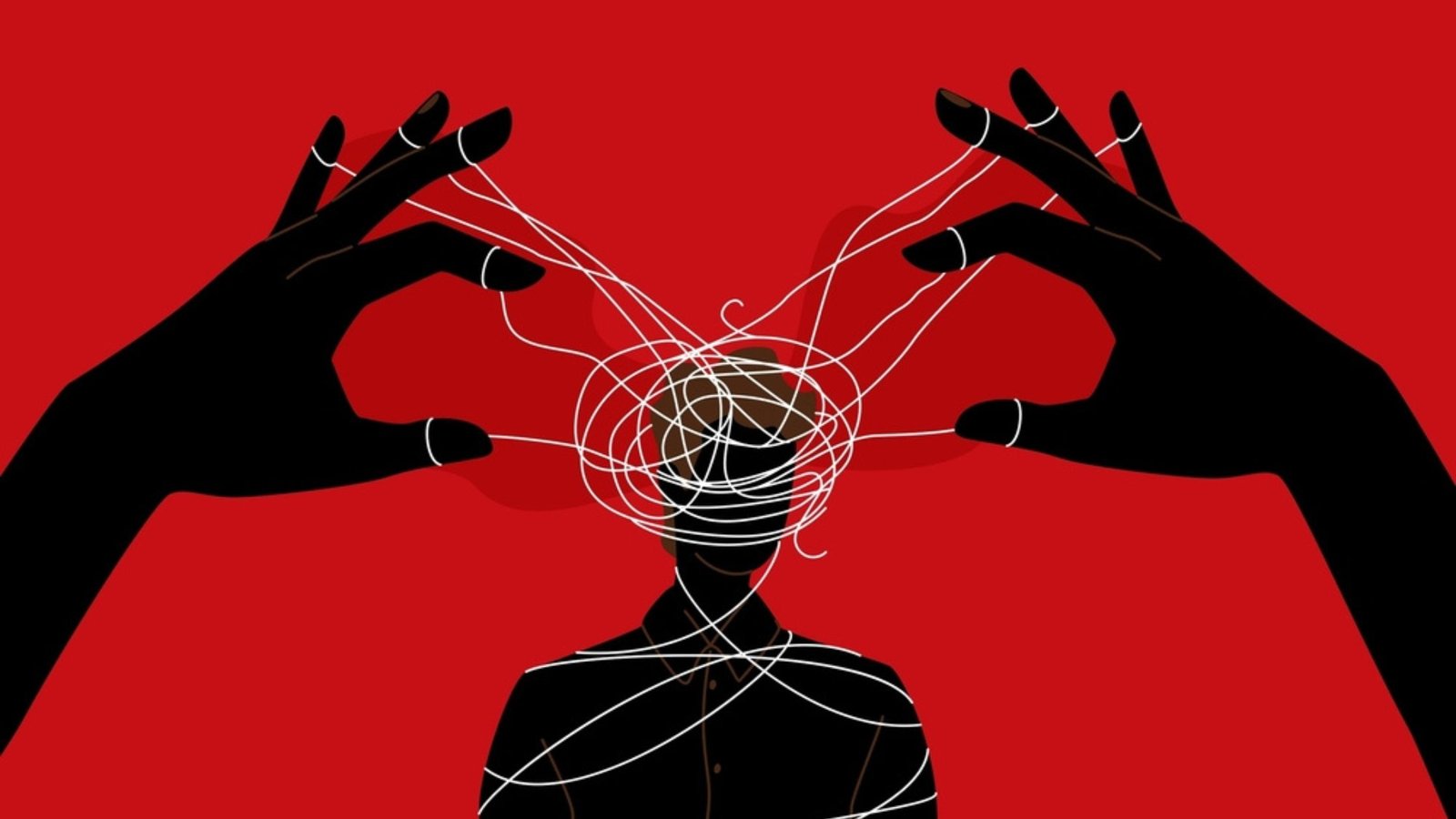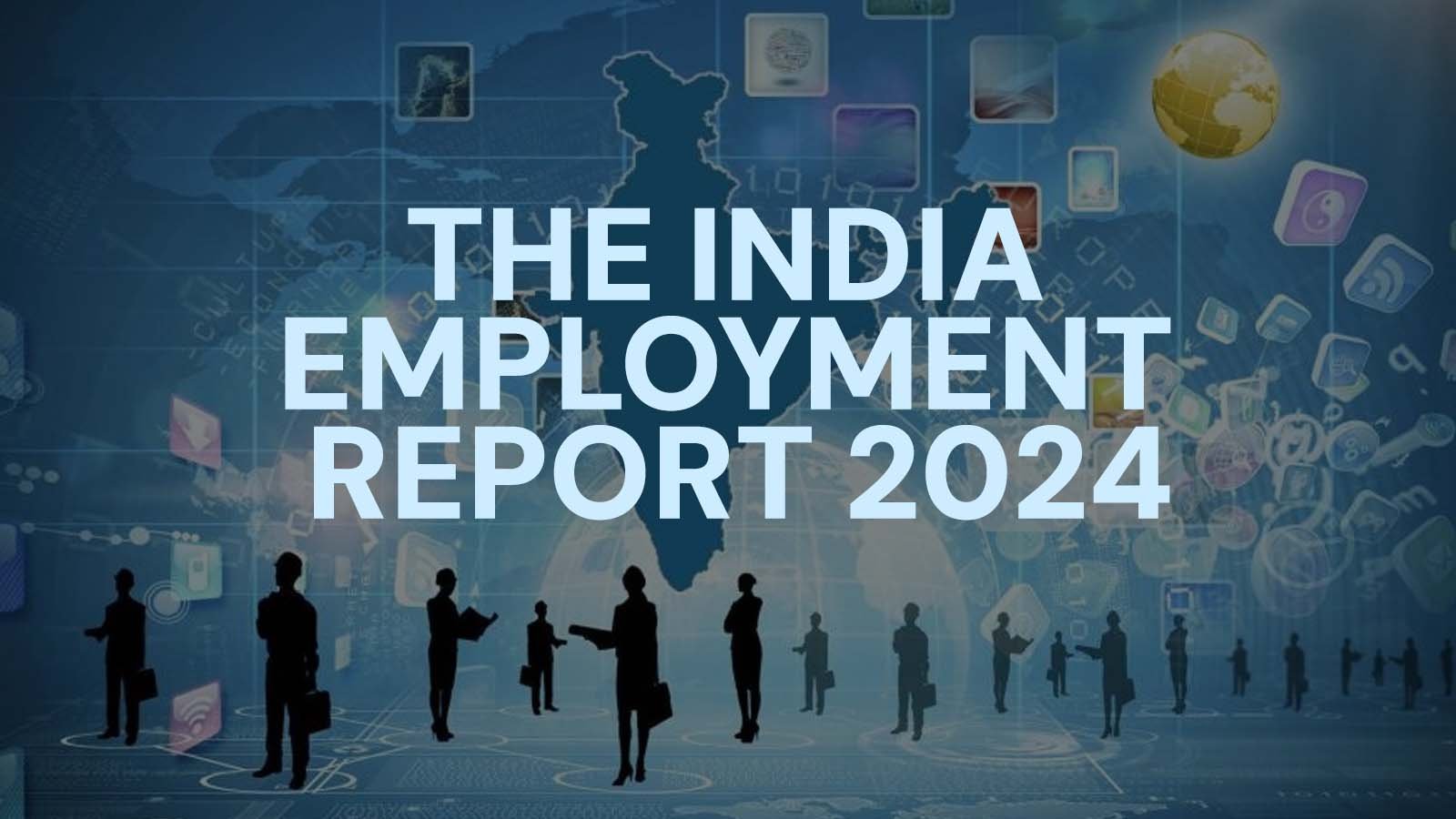
The Trafficking in Persons Bill, 2021 is well-intentioned, but it needs to be further strengthened. Odisha has lessons to offer Since early last year, humanity has been under siege. While globally several countries have had their share of recoveries and relapses, the Covid-19 pandemic, particularly the second wave, has put India under considerable strain. The pandemic exposed and exacerbated the systemic and deeply entrenched socio-economic inequities in Indian society, thus increasing manifold the consequential vulnerability and marginality. The disruption in economic activities across sectors, massive rise in unemployment and sources of livelihood have put a sizable population of India under desperate circumstances.
A study by Azim Premji University estimates that nearly 230 million Indians have fallen below the poverty line since the pandemic. The vulnerable populace reeling under such desperation makes the perfect recipe for exploitation. One such form of exploitation that we need to be vigilant about is human trafficking. As many as 27 lakh distress calls were made to the Ministry of Women and Child Development between March and August 2020. Between April 2020 and June 2021, over 9,000 children were rescued from traffickers.
Human trafficking places vulnerable people in highly exploitative situations, stripping victims of their freedom and choice. Besides, it is a highly lucrative organised crime that amounts to a billion-dollar industry. Even today, India lacks an over-arching law on human trafficking although there are a multitude of laws that deal with different forms of trafficking. In such a context, the Trafficking in Persons (Prevention, Care and Rehabilitation) Bill 2021 is both necessary and pertinent. The current Bill represents a significant departure from the Trafficking in Persons 2018 Bill, which failed to take into consideration the plight of trafficked victims. The 2018 Bill was criticised and failed to pass muster in Parliament.
In contrast, the new Bill is victim-centric and prioritises the dignity, care and rehabilitation of trafficked victims. There are various welcome additions and changes to this Bill when compared with the Trafficking of Persons Bill, 2018. These include: a) definitions of “exploitation”, “sexual exploitation”, “rehabilitation”; b) defined responsibilities of the national, state and district anti-human trafficking committees; c) measures to ensure dignity, care, rehabilitation and reintegration of victims; d) provision of interim relief and rehabilitation not contingent on prosecution; e) free legal aid and support to victims to seek compensation; f) placing the onus of filing the FIR on the investigating officer and; g) more stringent punishment to offenders. This will ensure clarity for investigating agencies in prosecution and for courts to interpret the law.
While the Bill defines rehabilitation and places emphasis on ensuring the same for survivors, it does not specify a dedicated rehabilitation fund. A dedicated fund must be maintained for relief, rehabilitation, victim compensation, and funds for inter and intra-state investigations. Without these allocated funds, the institutions will not be able to carry out their responsibilities in a timely and efficient manner.
Besides, rehabilitation is limited to shelter homes with no provision for reintegration and community-based rehabilitation. Community-based rehabilitation, a model that provides health services, legal aid, access to welfare schemes and income opportunities, is crucial for ensuring the reintegration of victims back into their community and family. The risk of re- trafficking is high unless the victims are provided economic support. The inclusion of job training and skill development in the rehabilitation process will empower victims to be financially independent and provide them with freedom and choice. This is particularly imperative in the pandemic and post-pandemic context.
In addition, the Bill must provide greater agency to survivors to choose the duration of stay at shelter homes. This is necessary to provide them with the freedom to leave the institution if there is any exploitation and abuse, which are commonly reported. Equally important is to have checks and balances in place to ensure that shelter homes are safe places for survivors.
Anti Human Trafficking Units (AHTUs) are a central institution in the present anti-human trafficking ecosystem. They have been responsible for the timely investigation of trafficking cases and for ensuring the care and dignity of victims. However, the Bill does not mention AHTUs except once, thus failing to both clarify their role as well as to strengthen their functioning. Though various states have set up AHTUs, we do not have anything uniform throughout the country that will make it mandatory that AHTUs investigate human trafficking cases. Therefore, a law that would set out the procedures and clarify what will be taken up by which body, is essential. Assigning this responsibility and accountability to one body that is responsible solely for human trafficking will ensure speedy investigations and aid to survivors.
Government of Odisha has been working to address the issue through various measures including allocating Rs 9 crore for the strengthening of AHTUs, working toward efficient inter-departmental coordination, creating various support systems for women and girls to help combat vulnerabilities, setting up helplines among others. This model of strengthening AHTUs has been successful in Odisha and should be extended to other states as well through this law.
